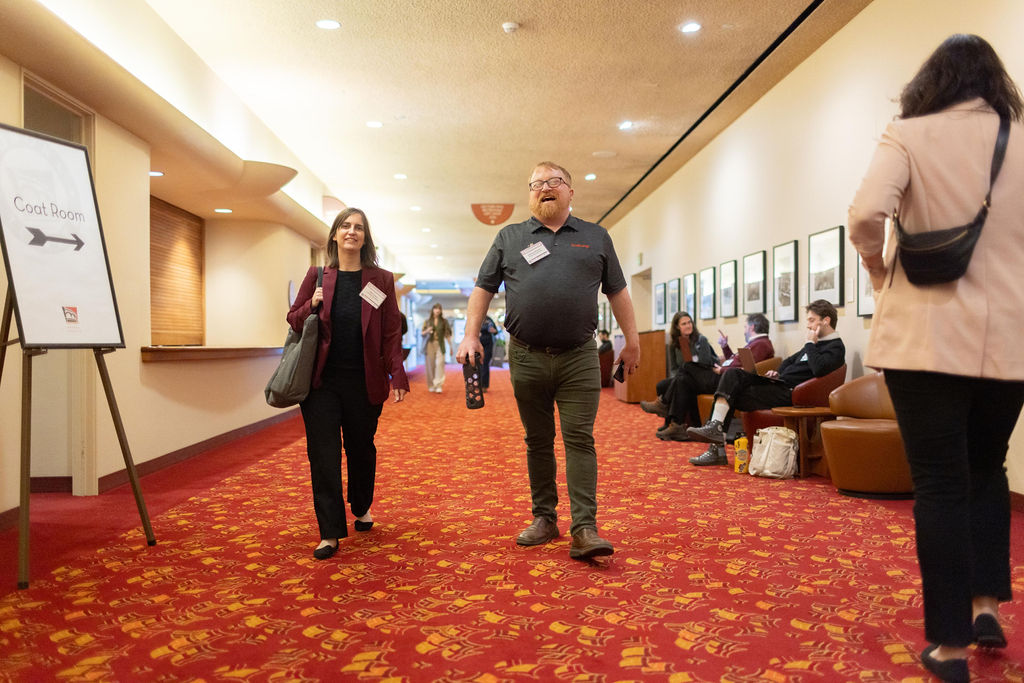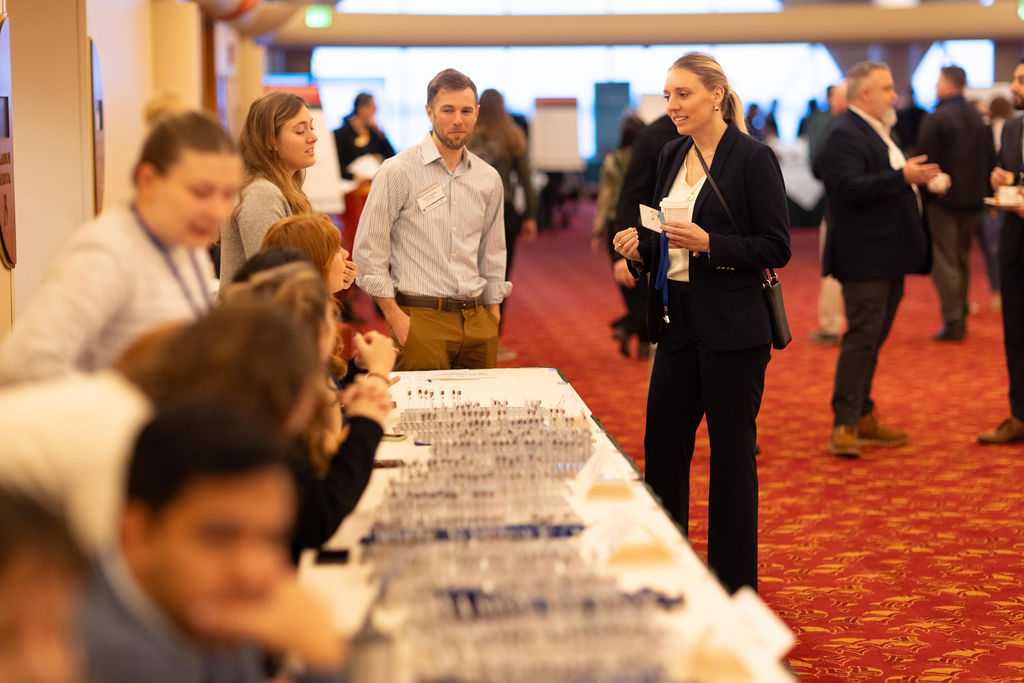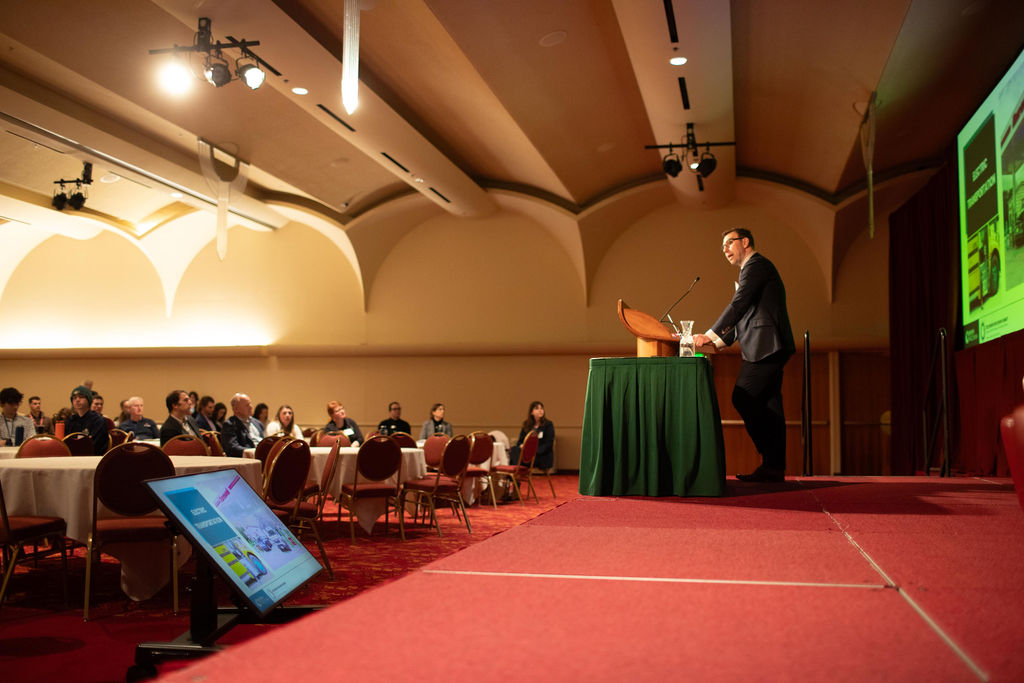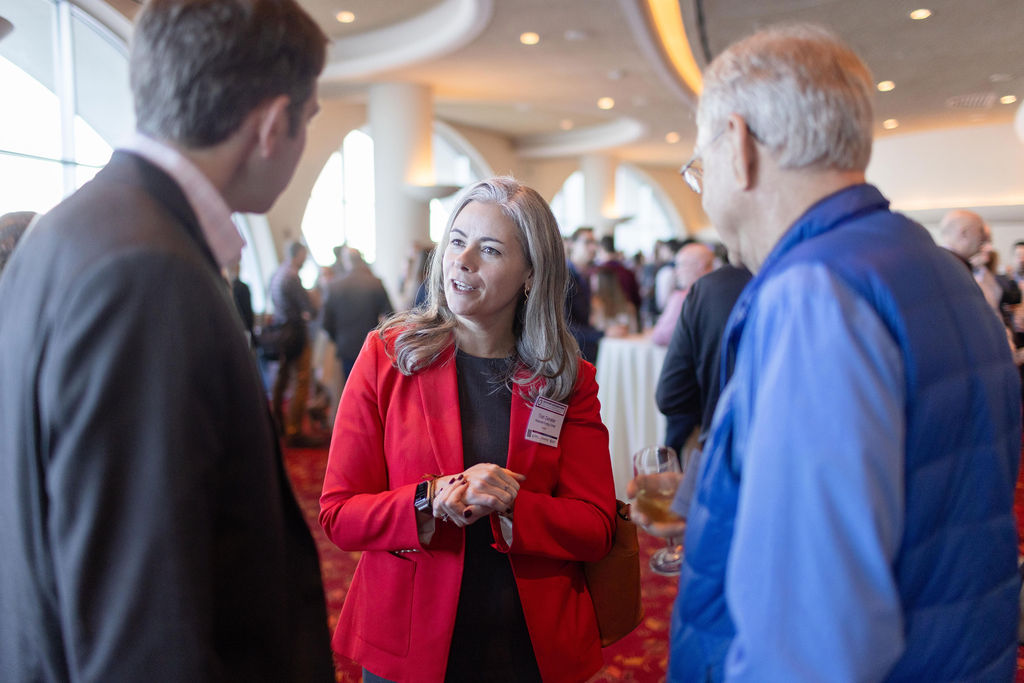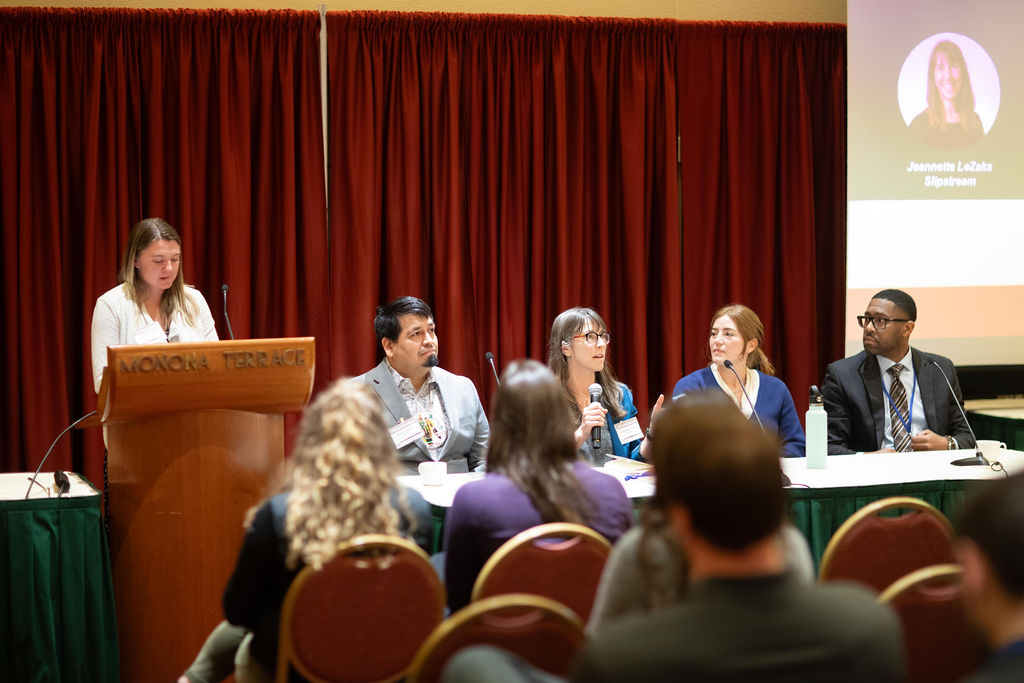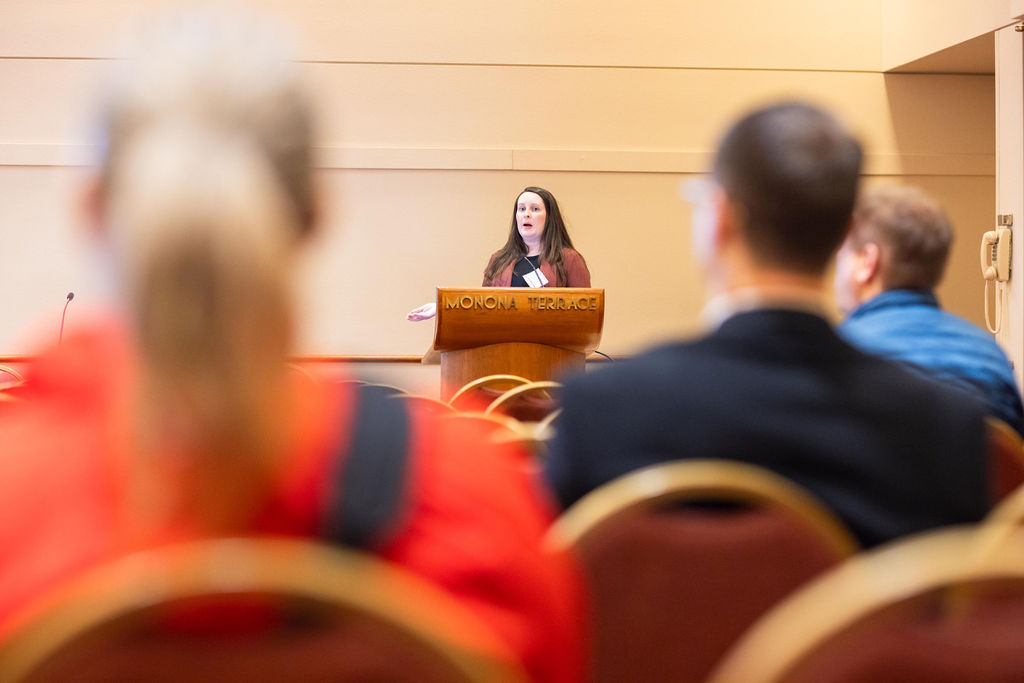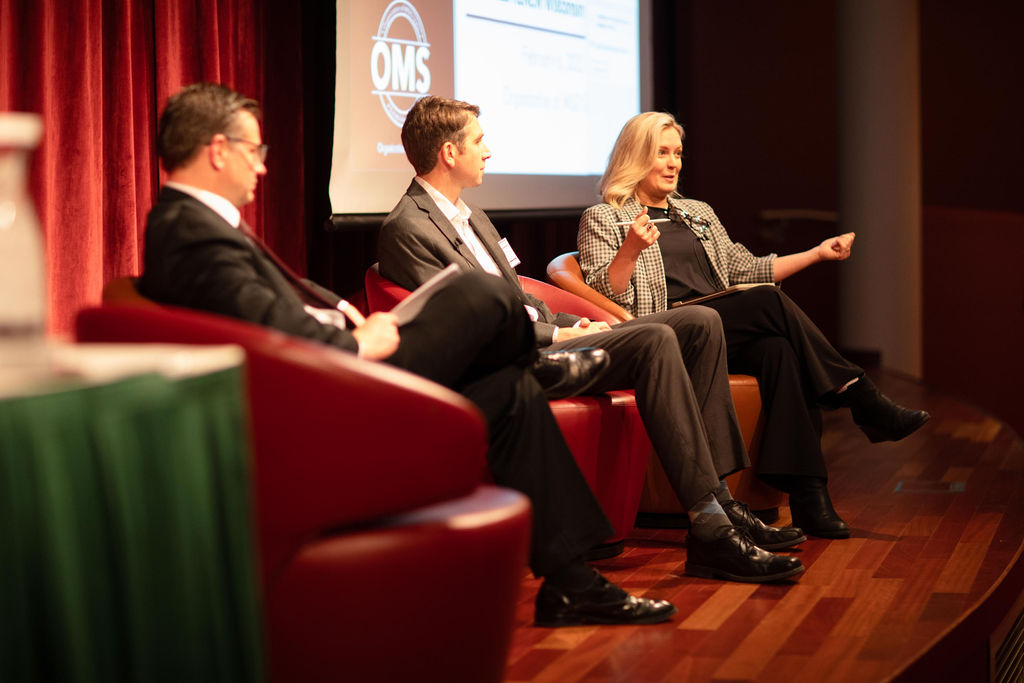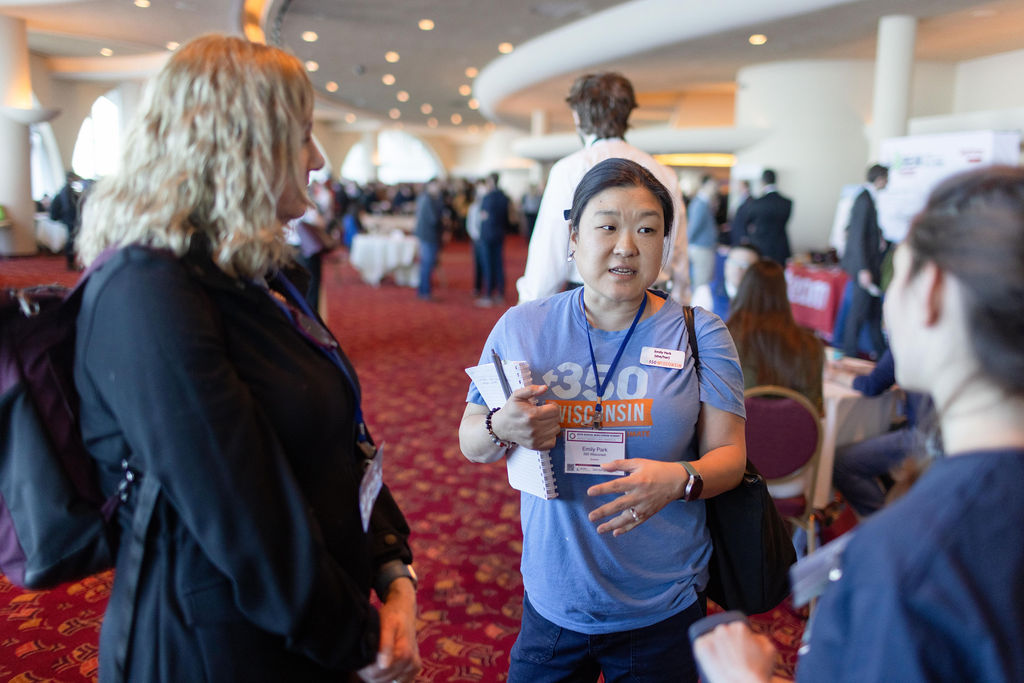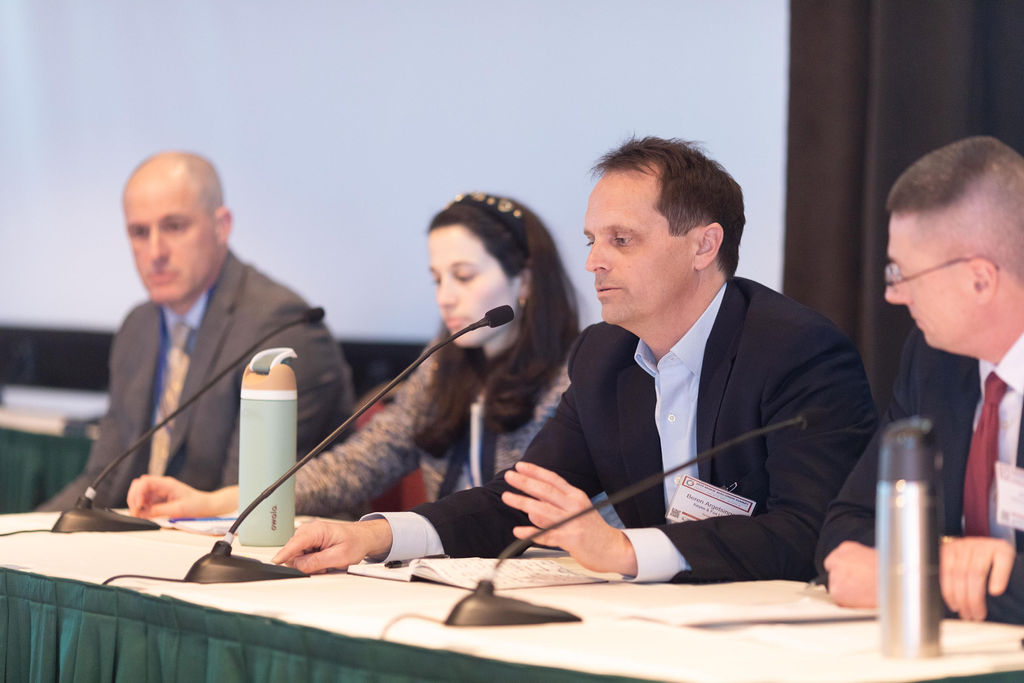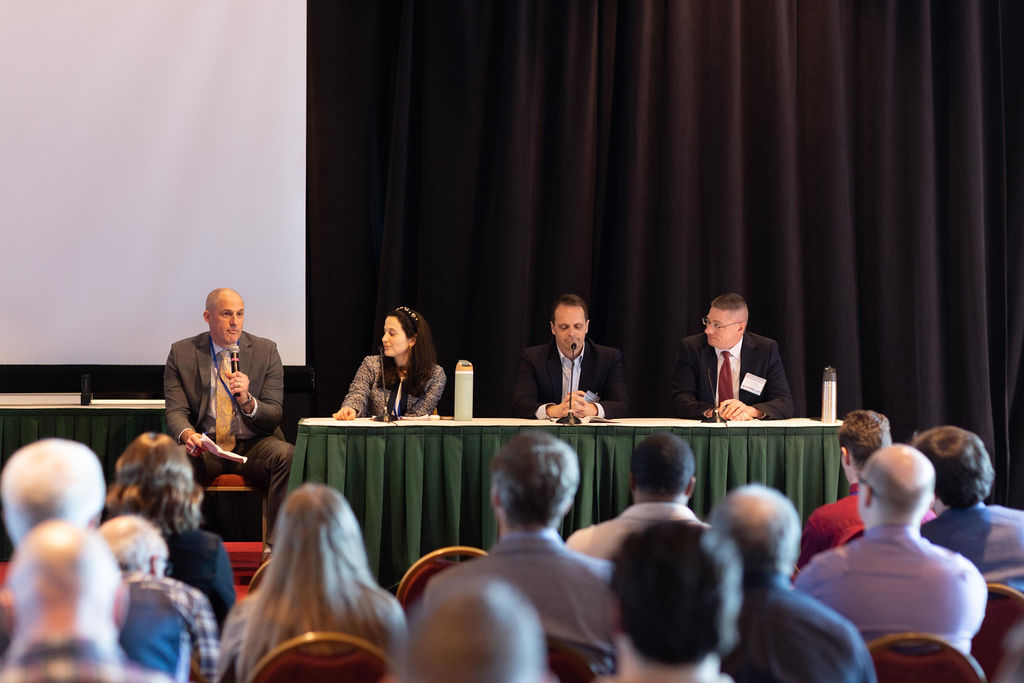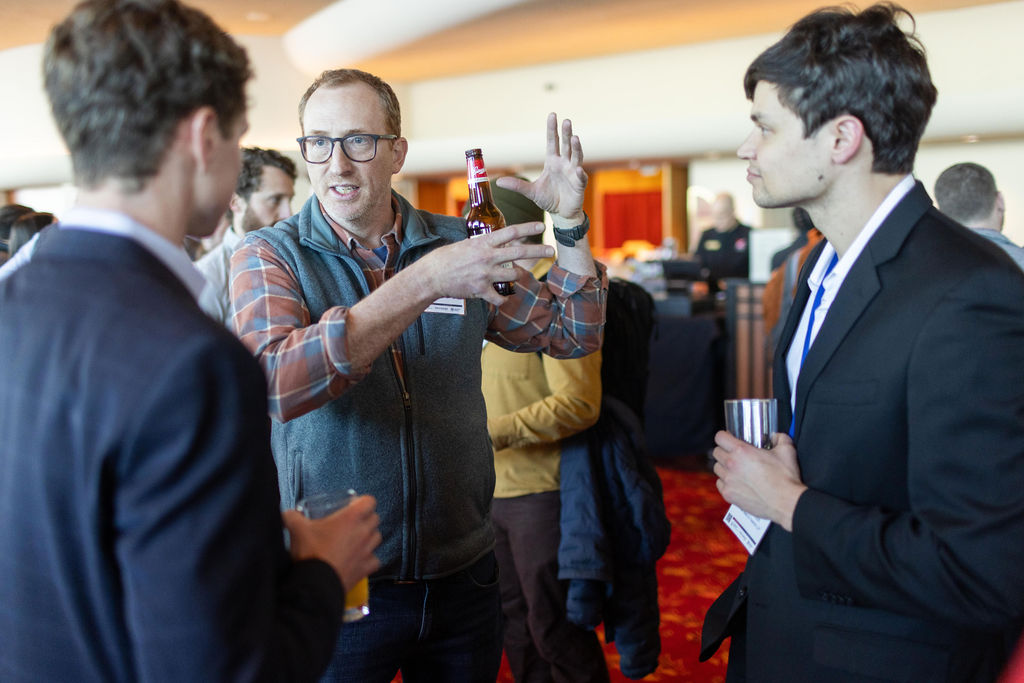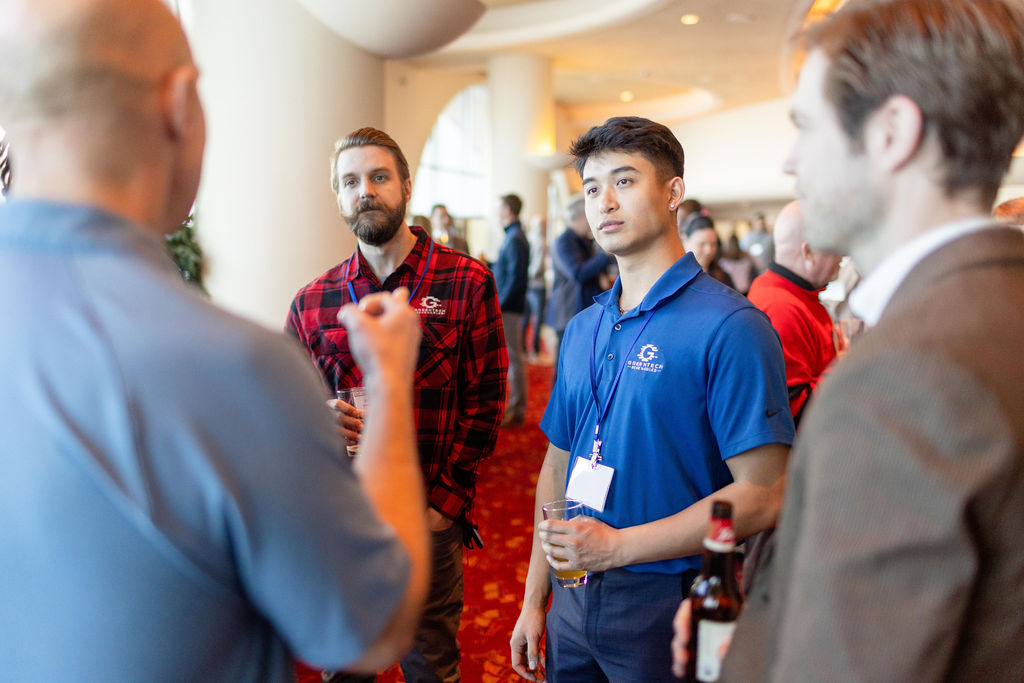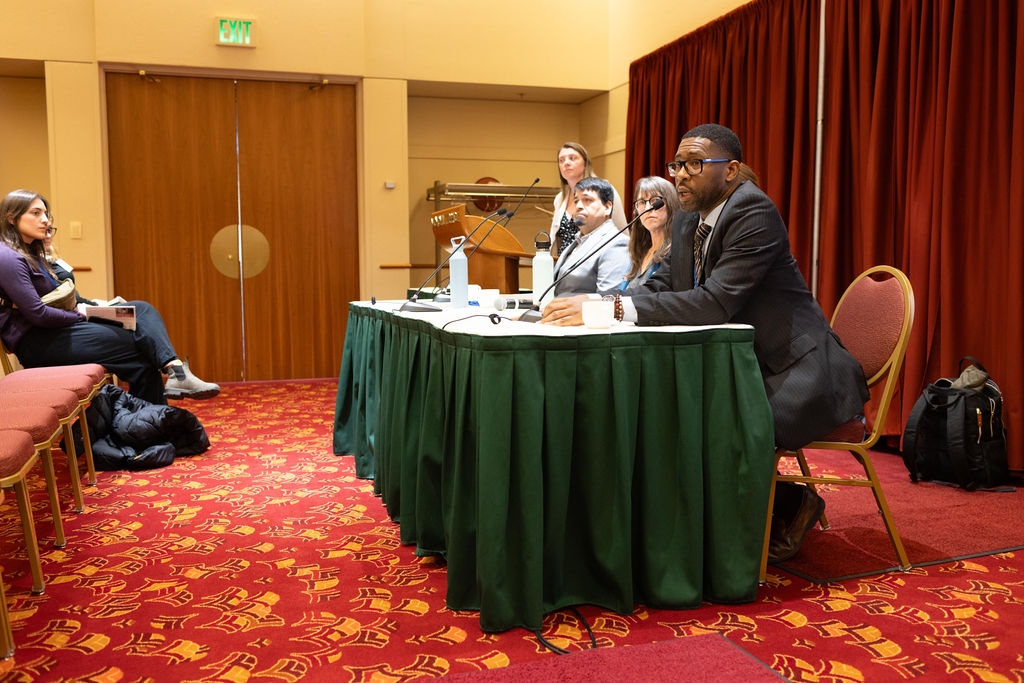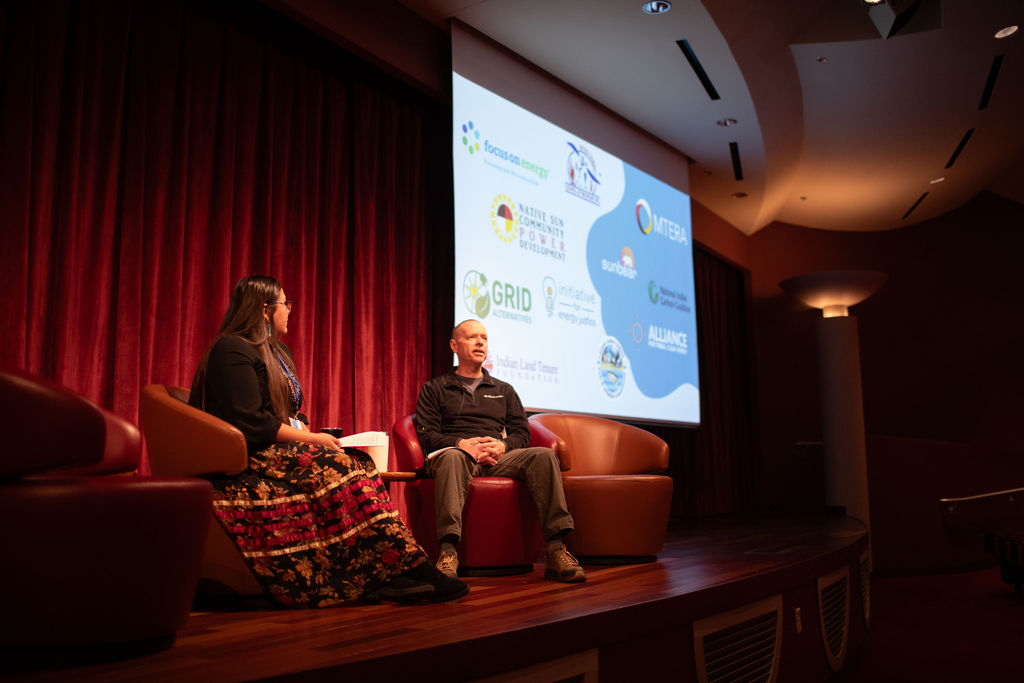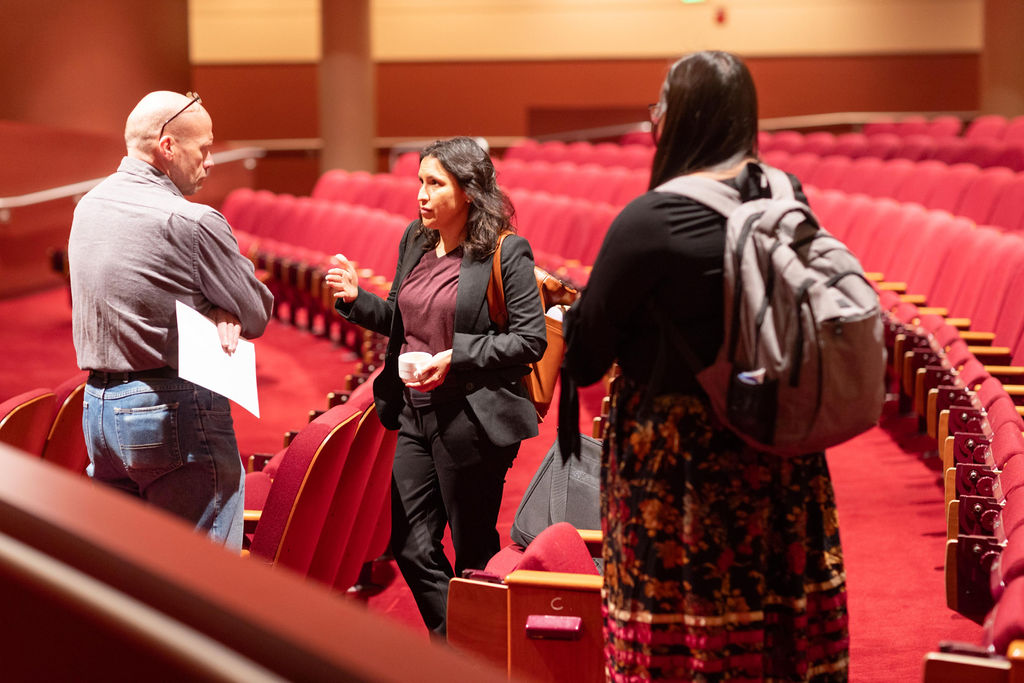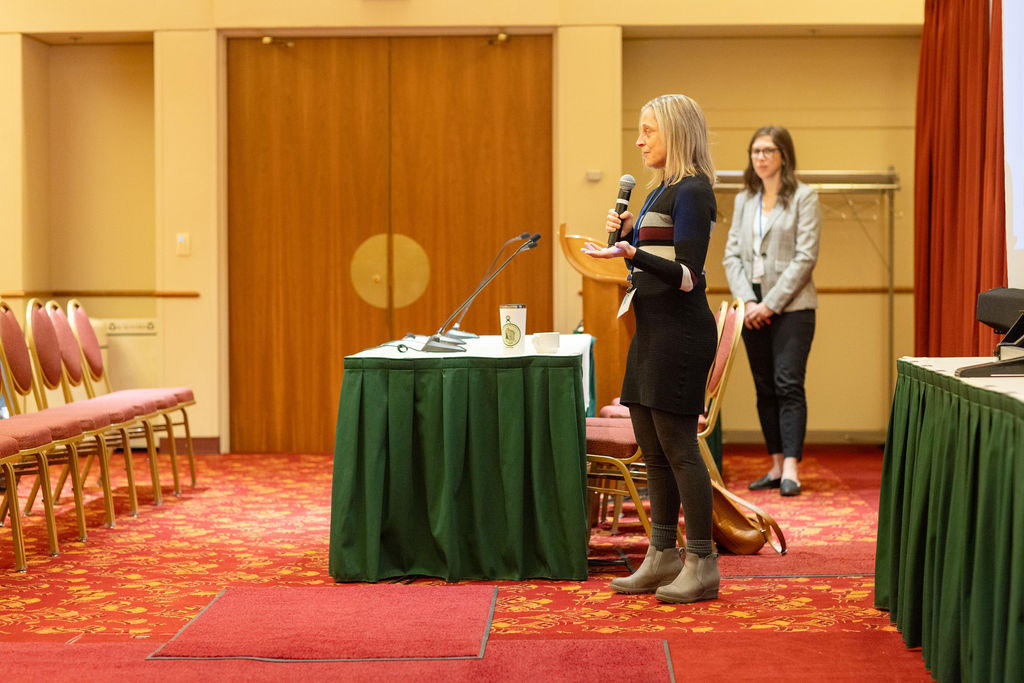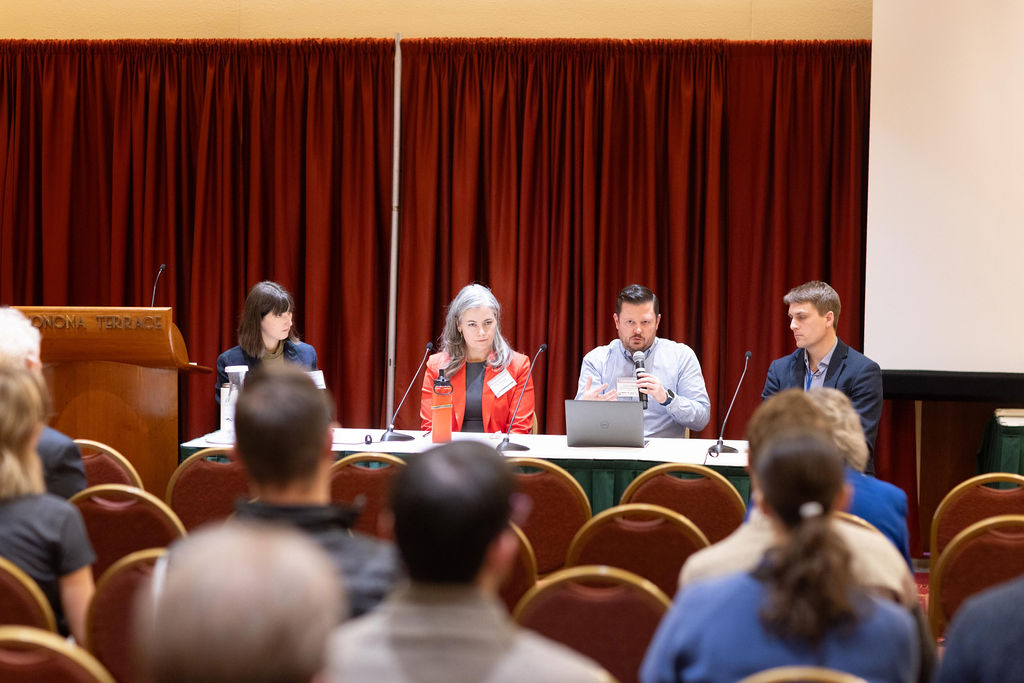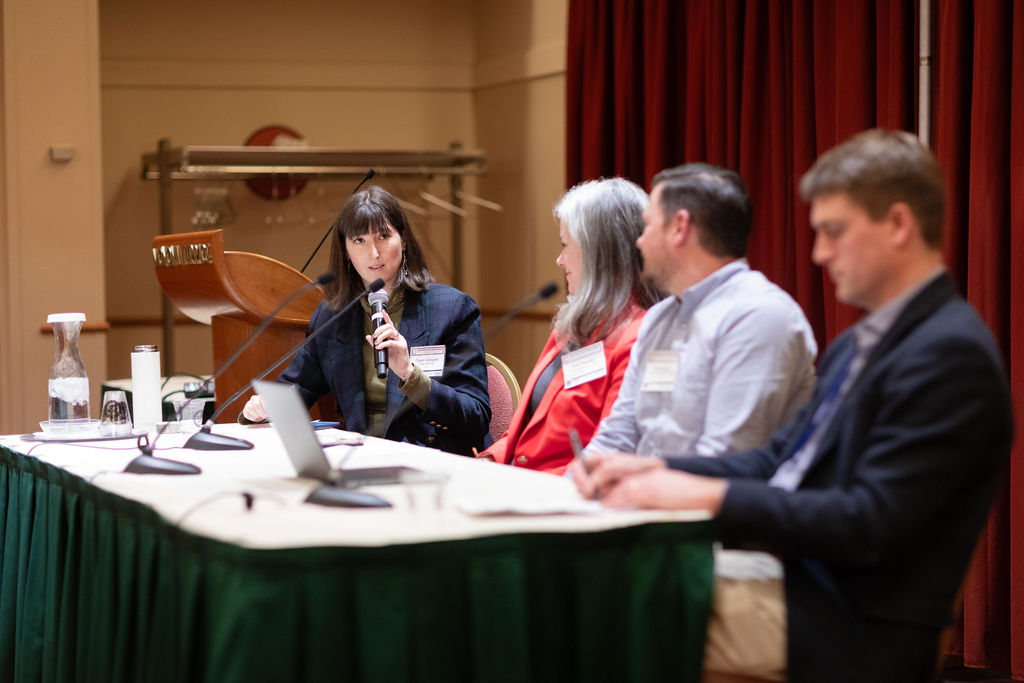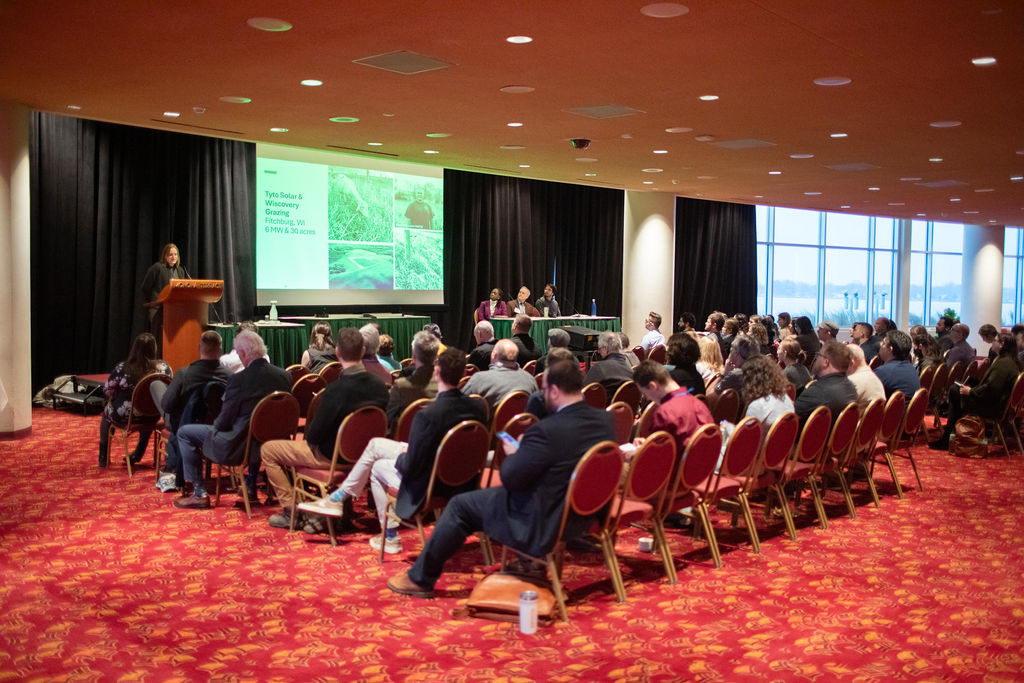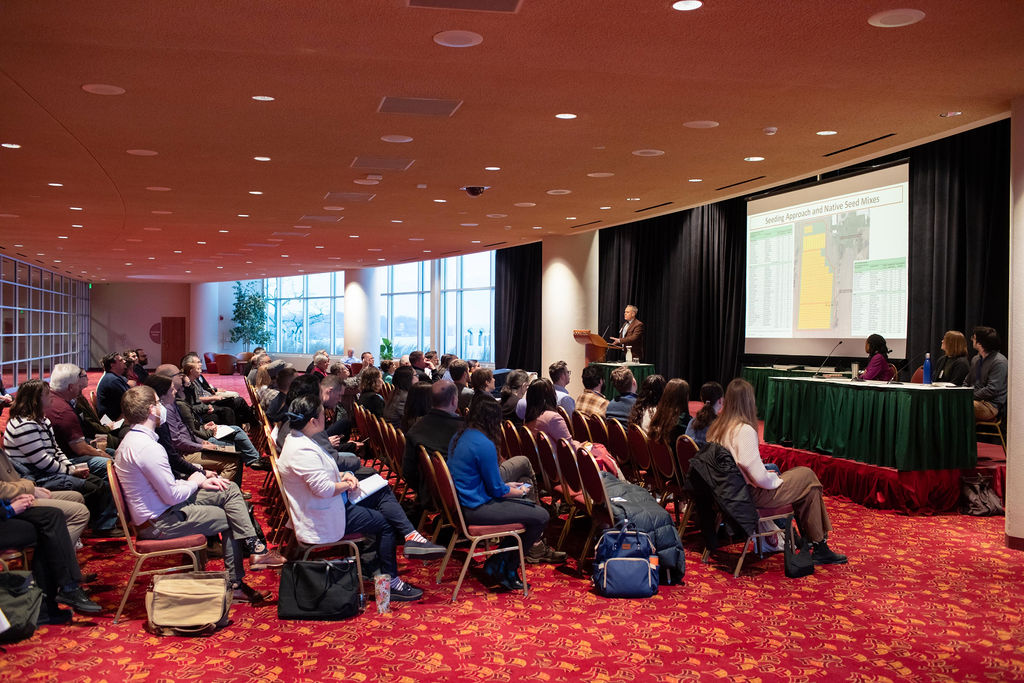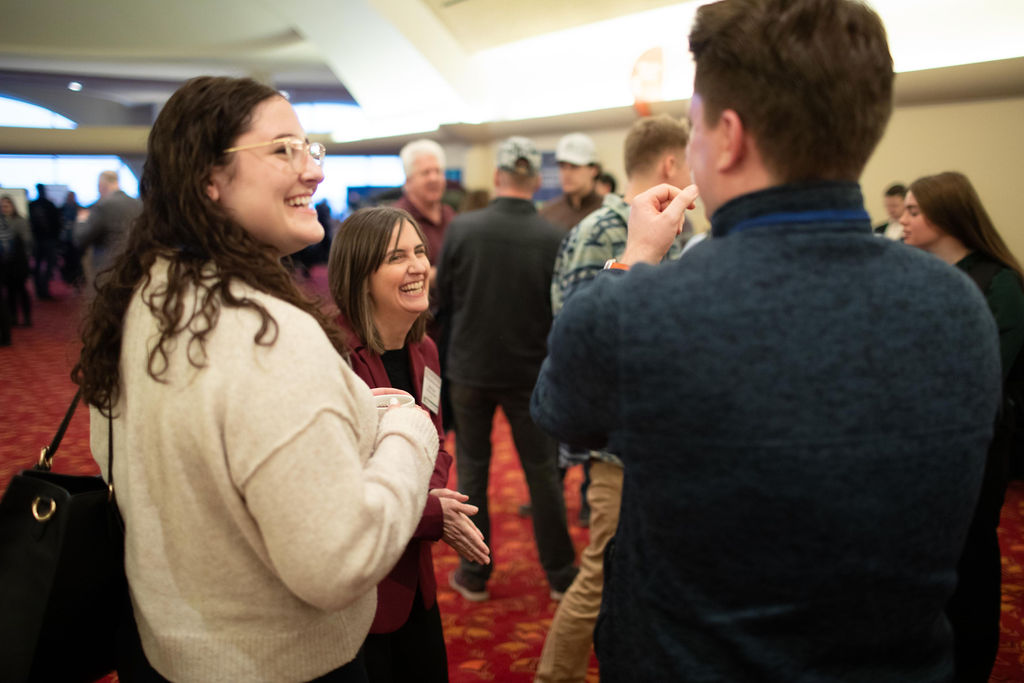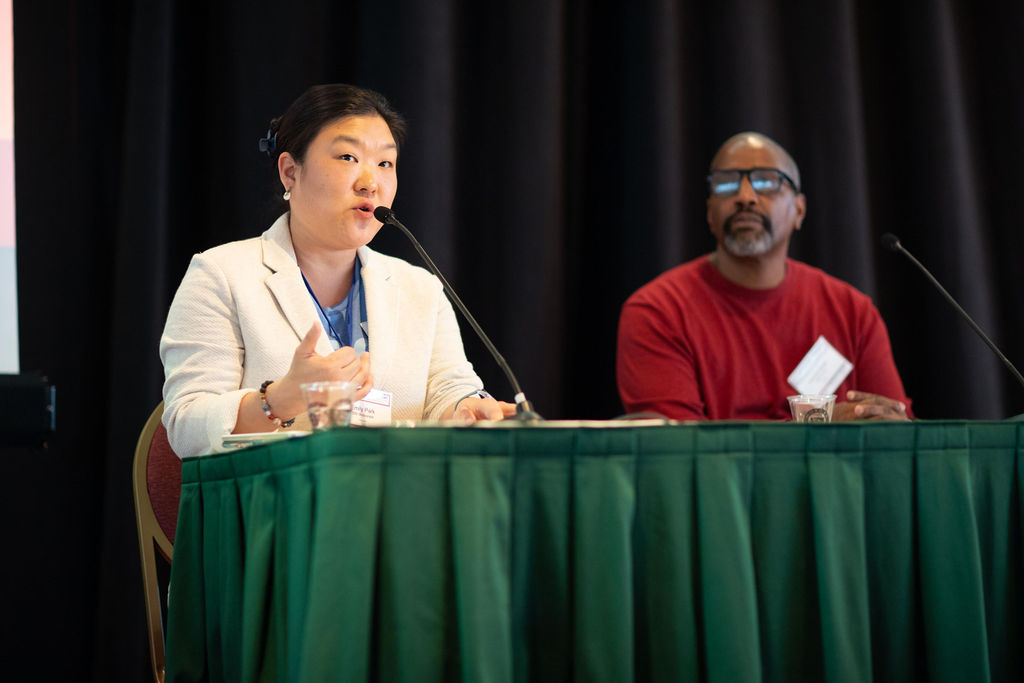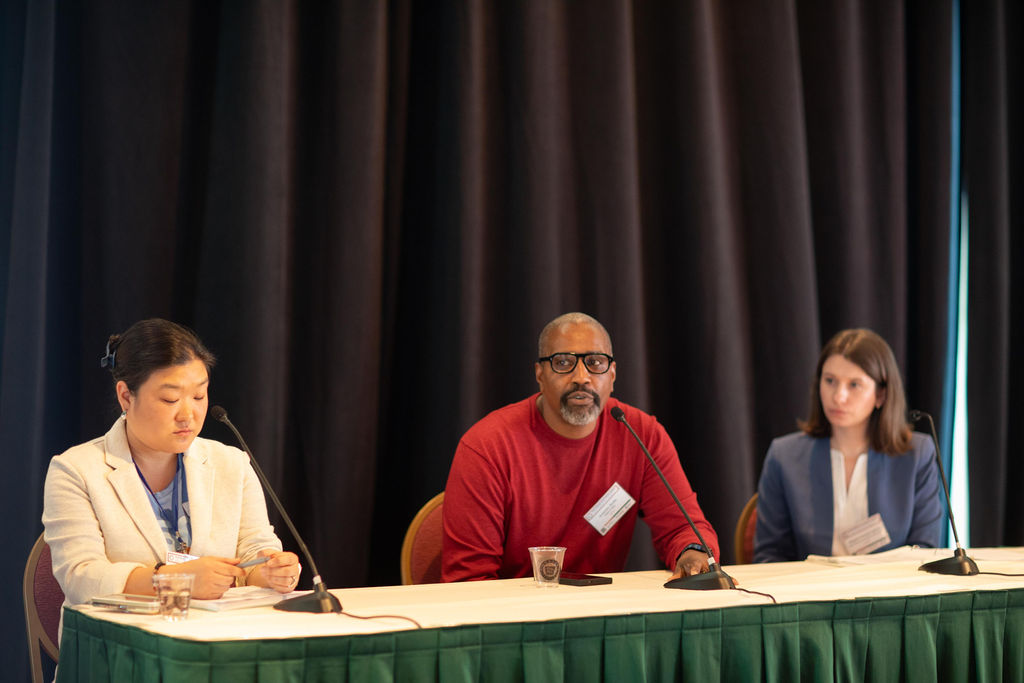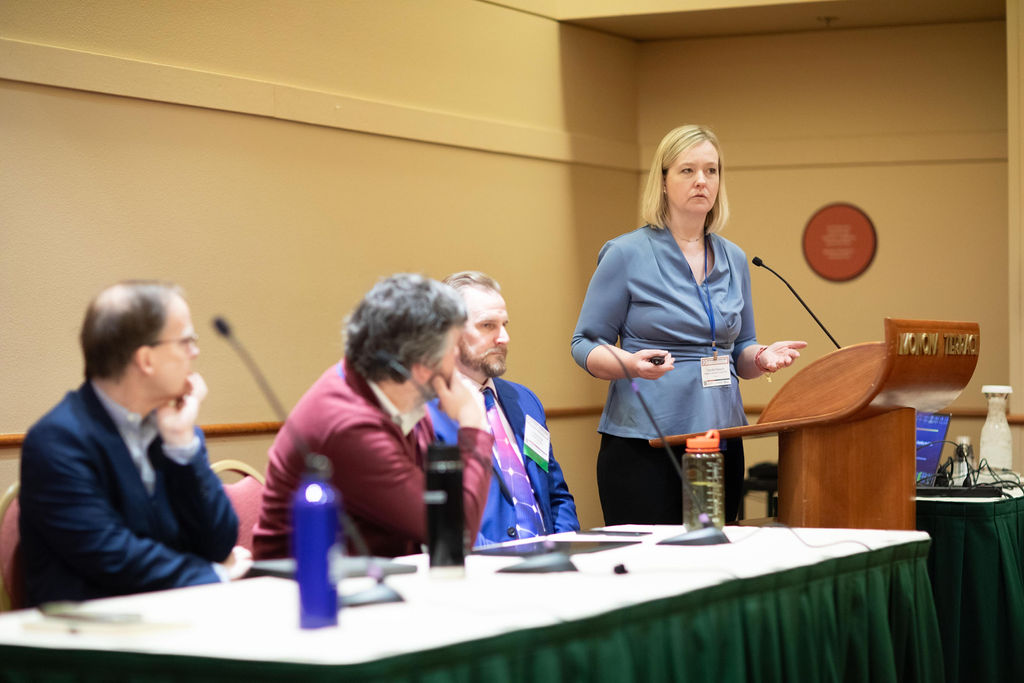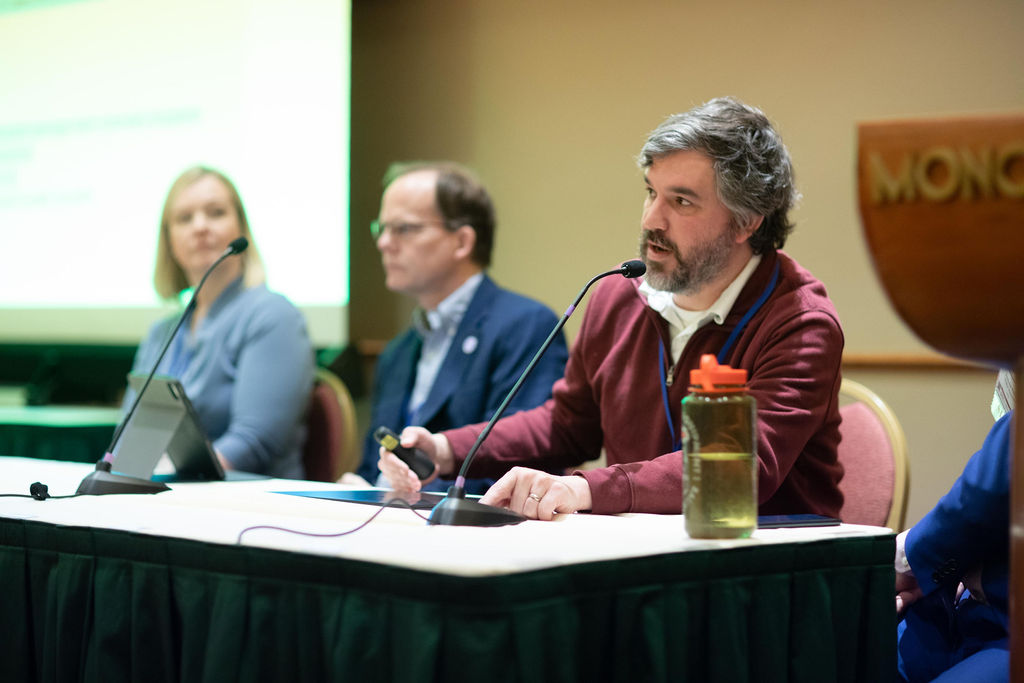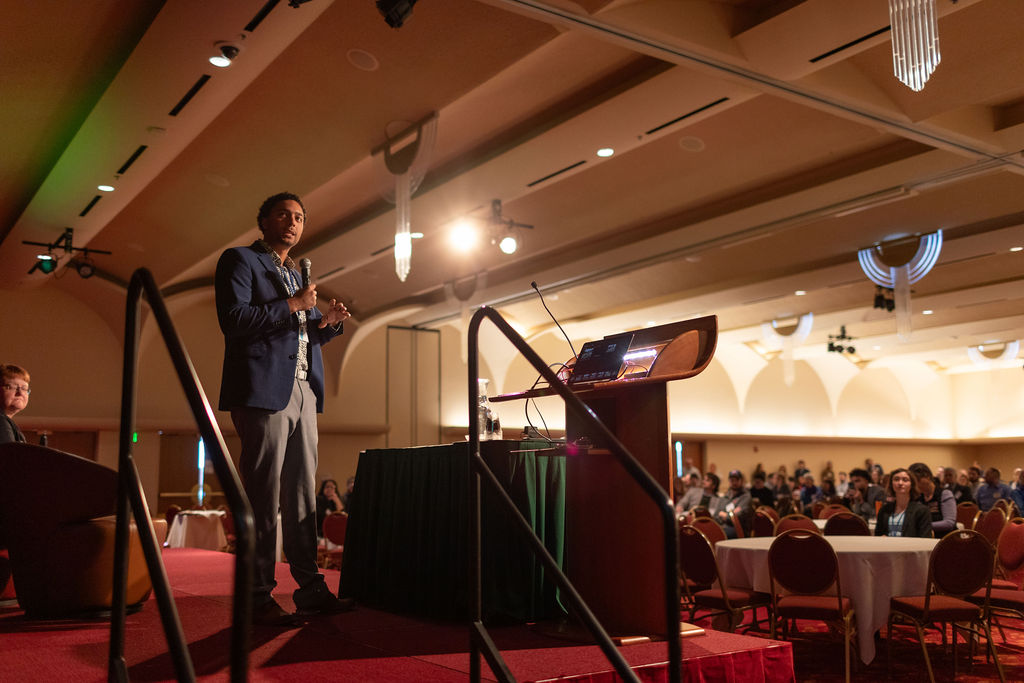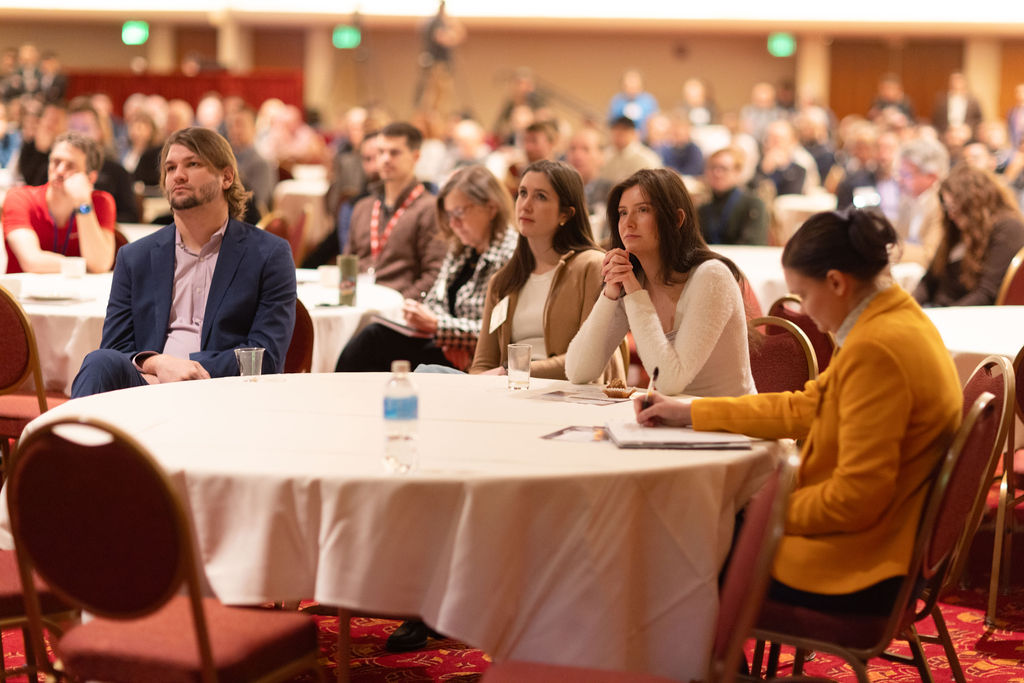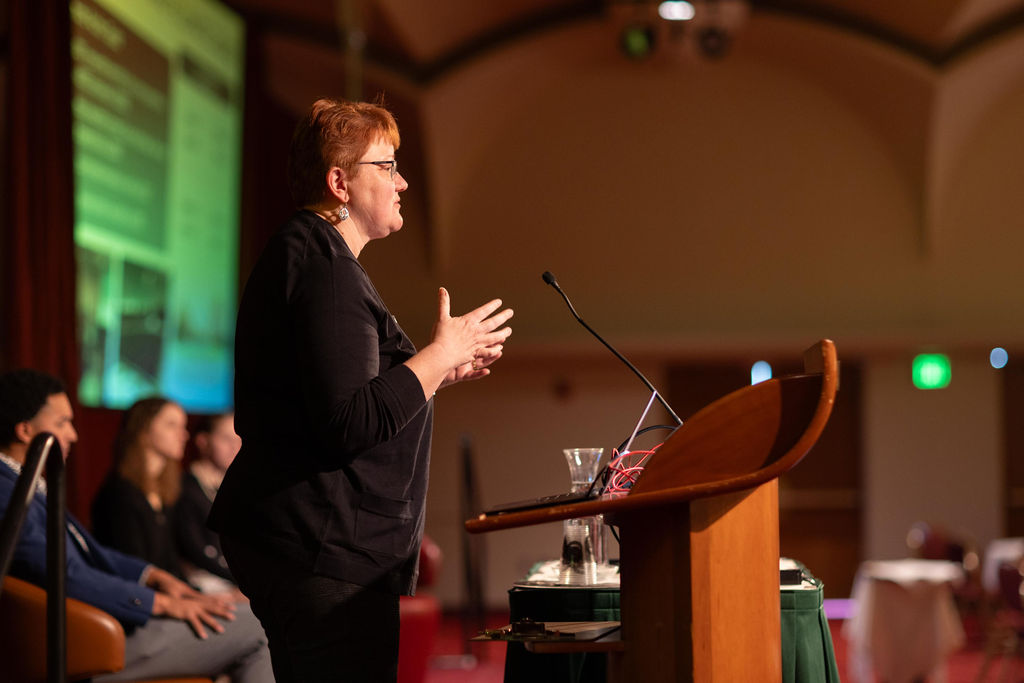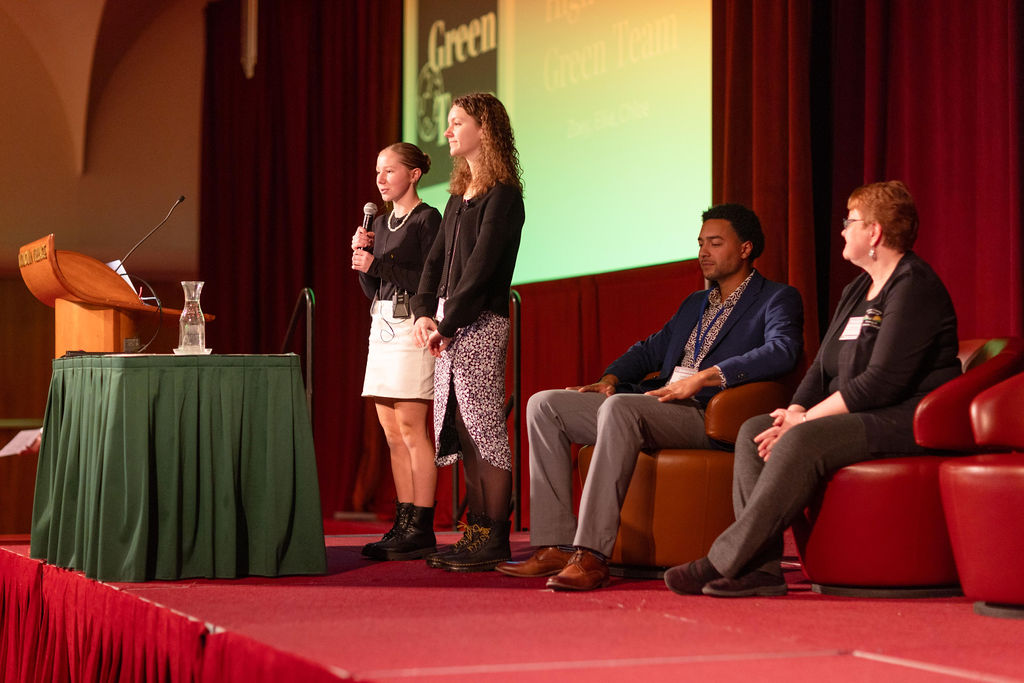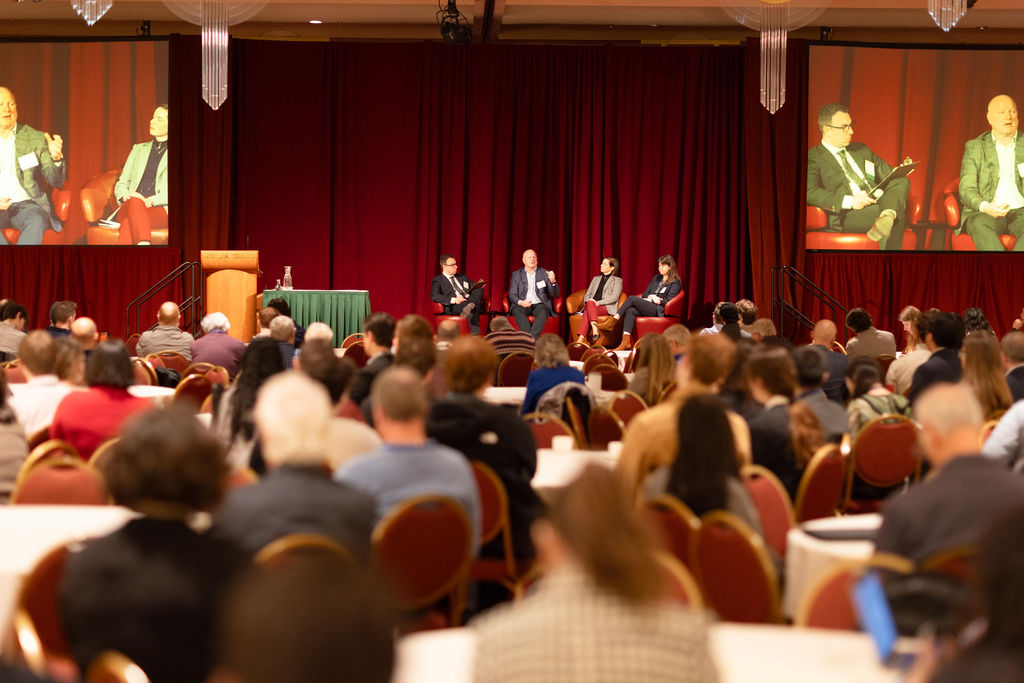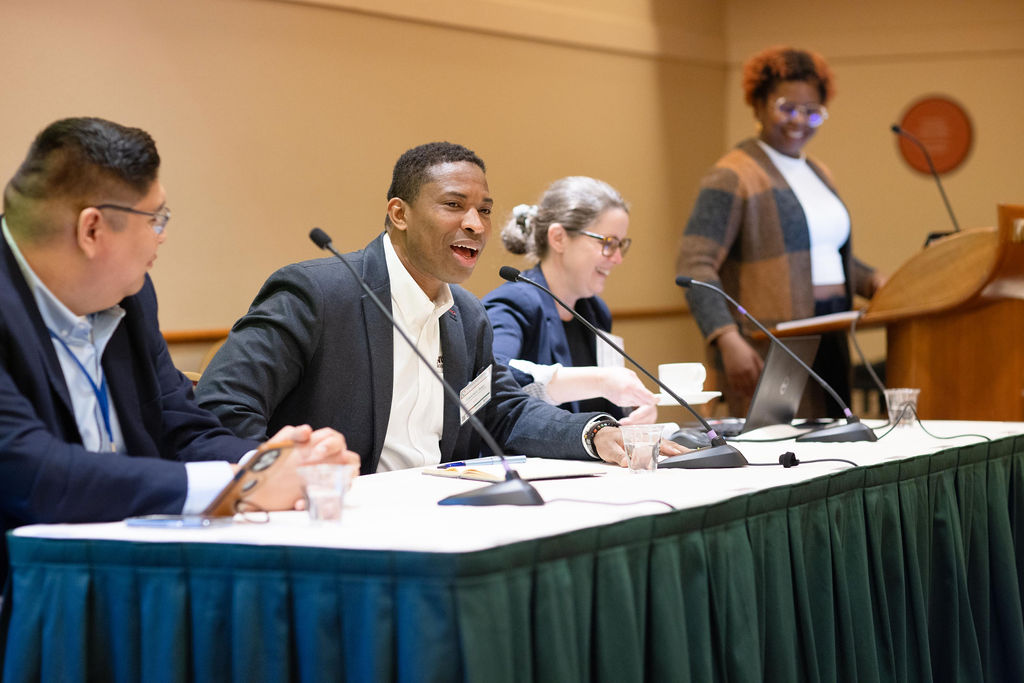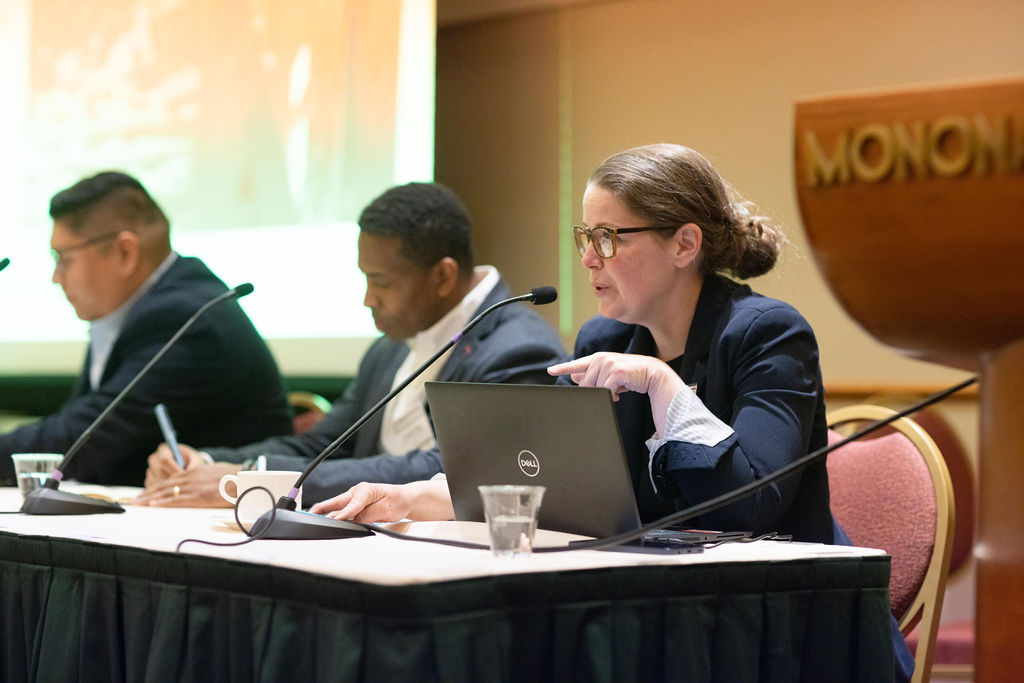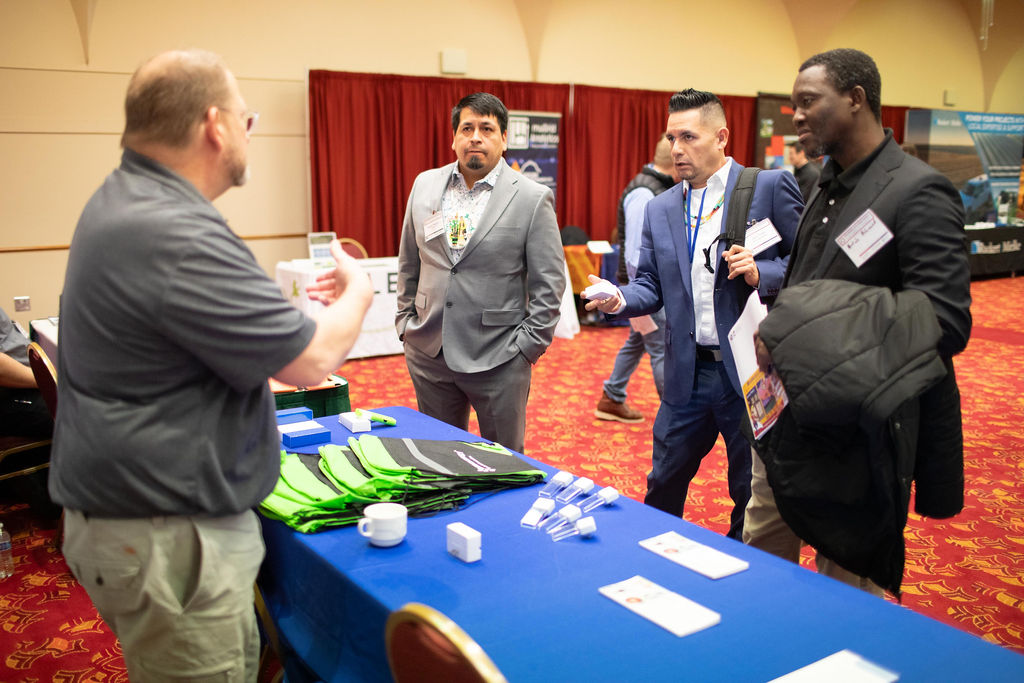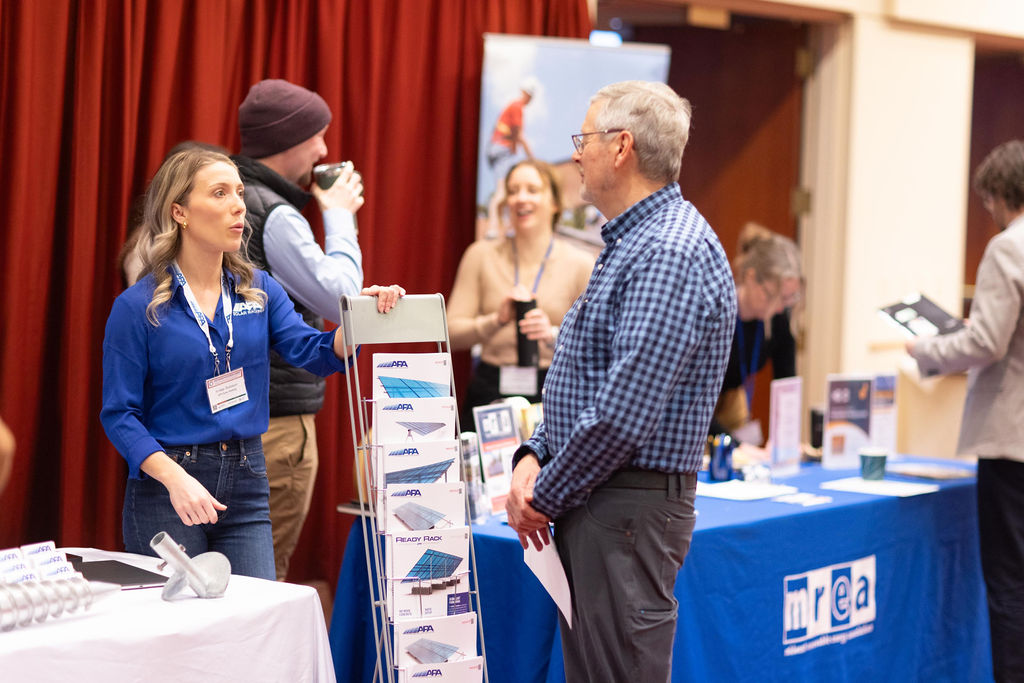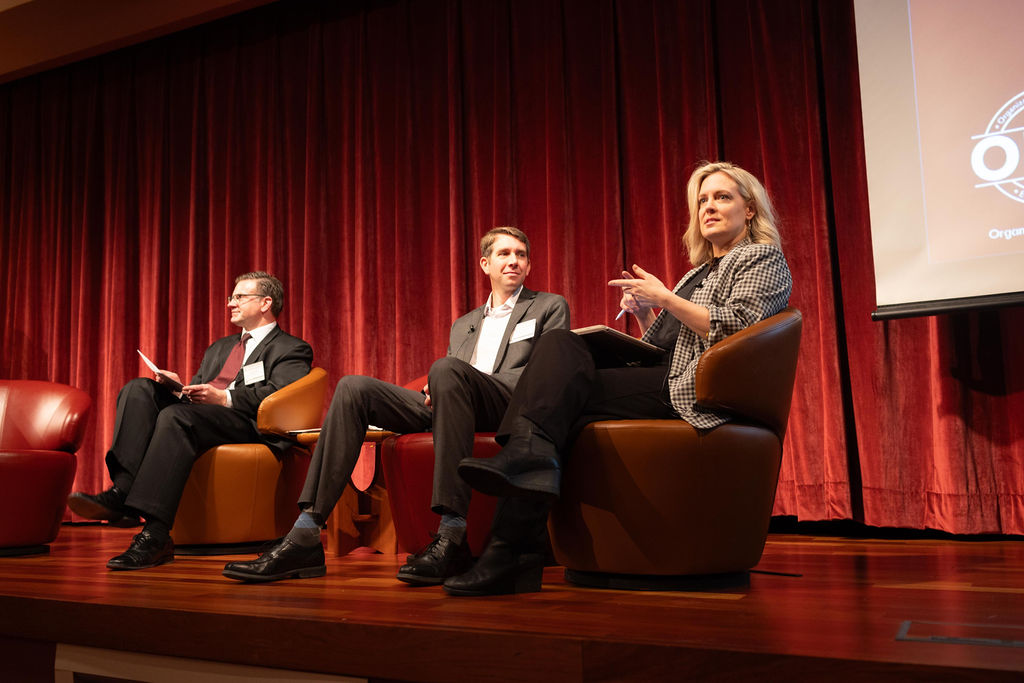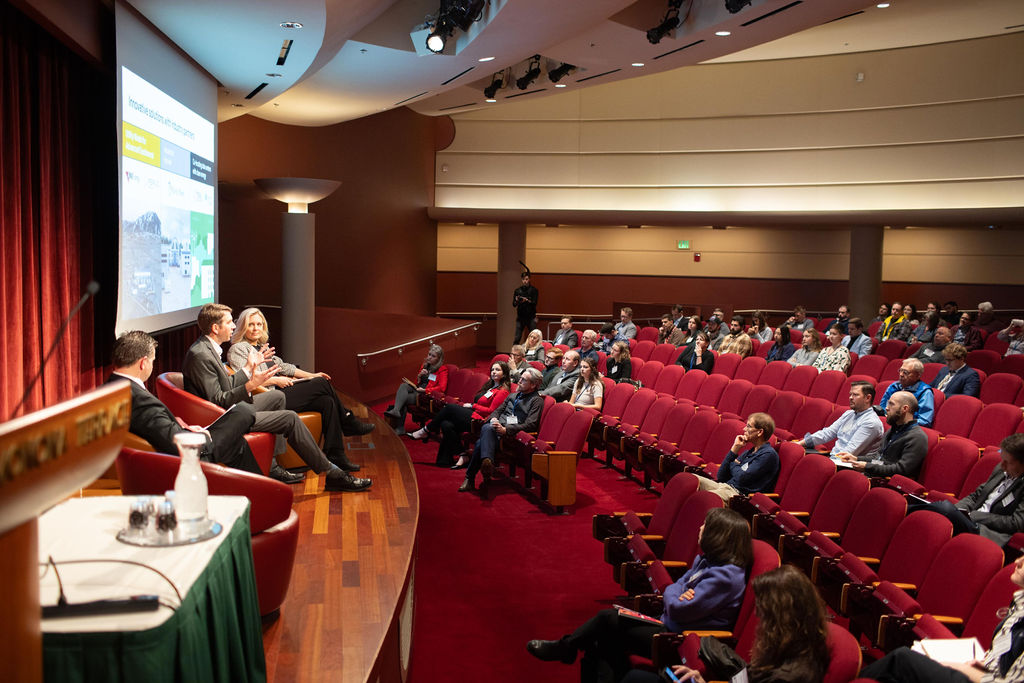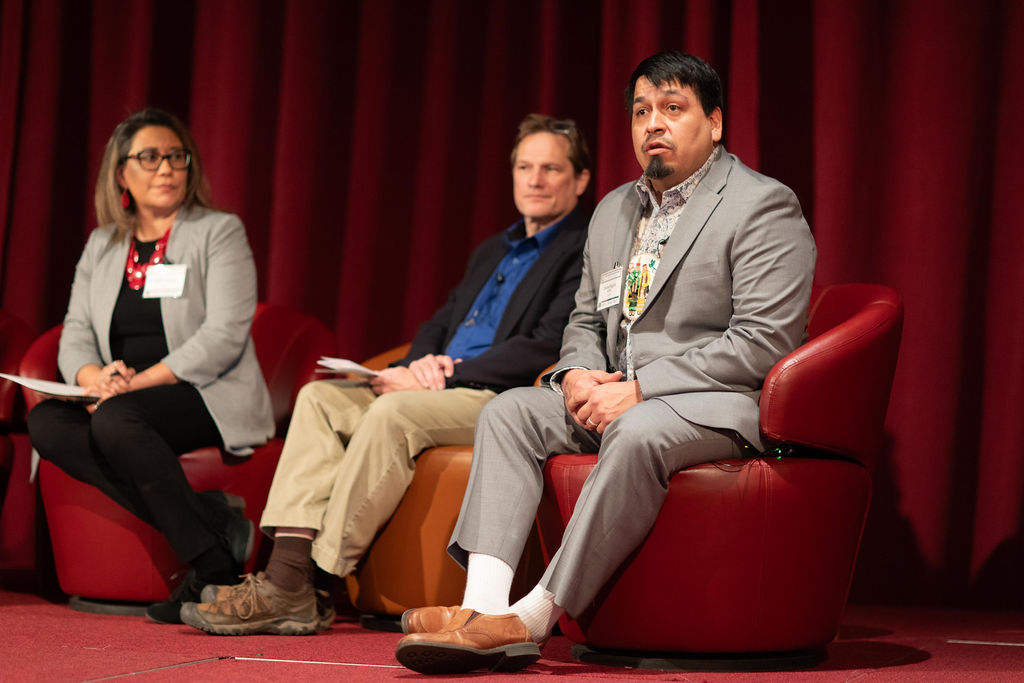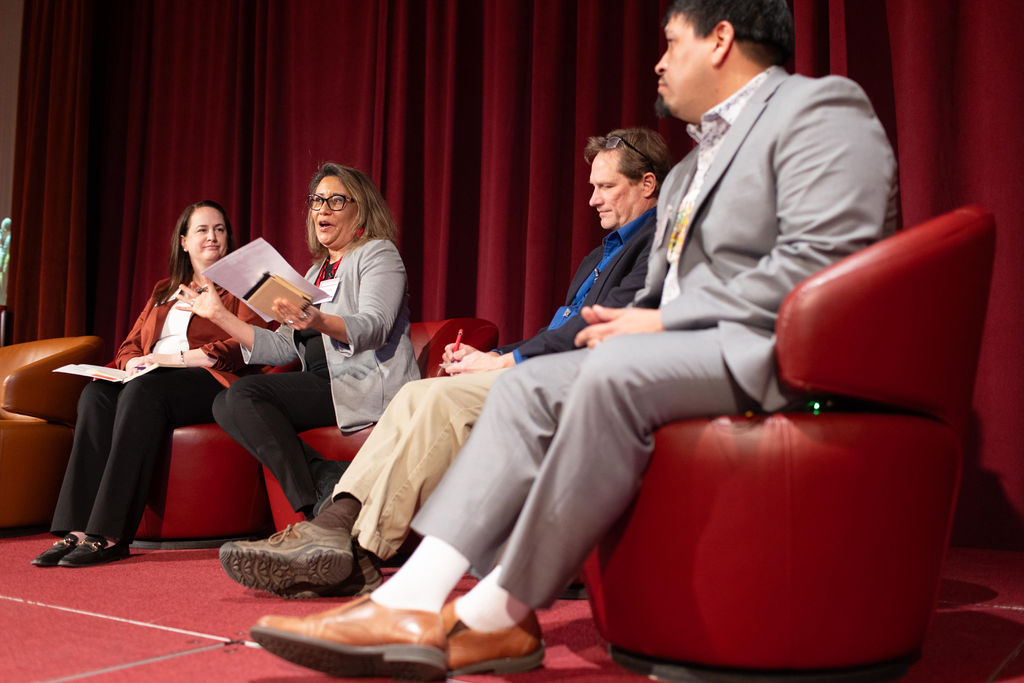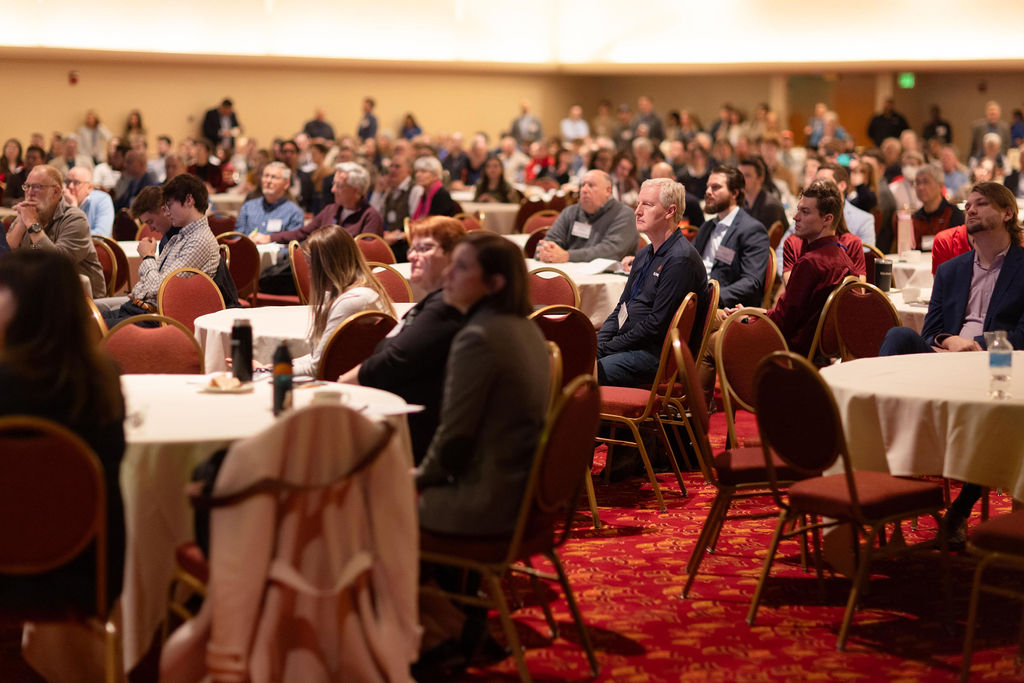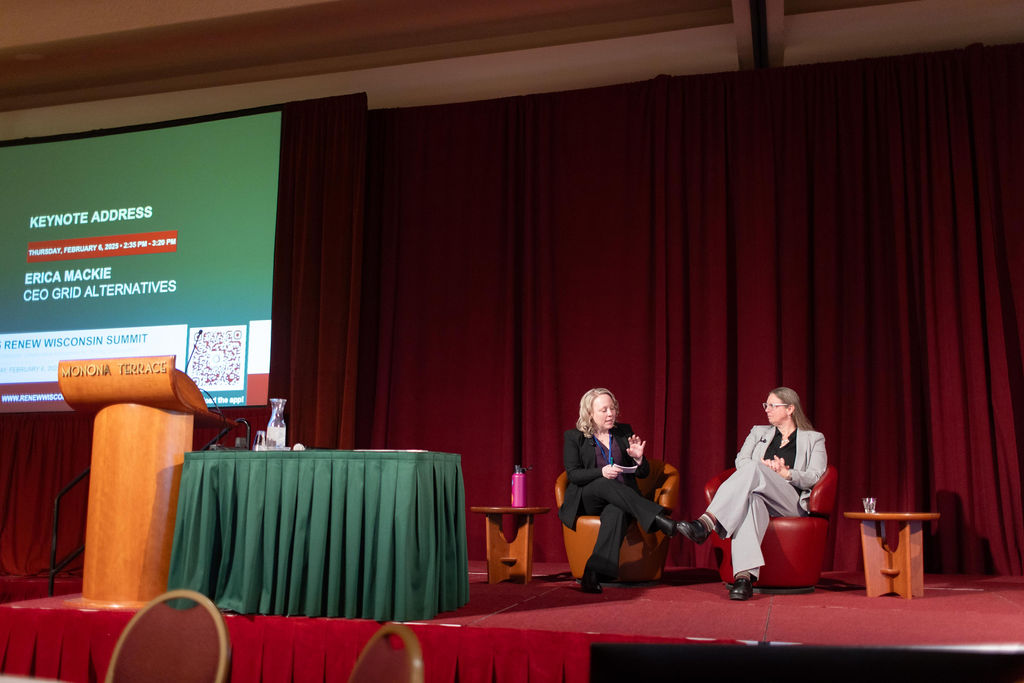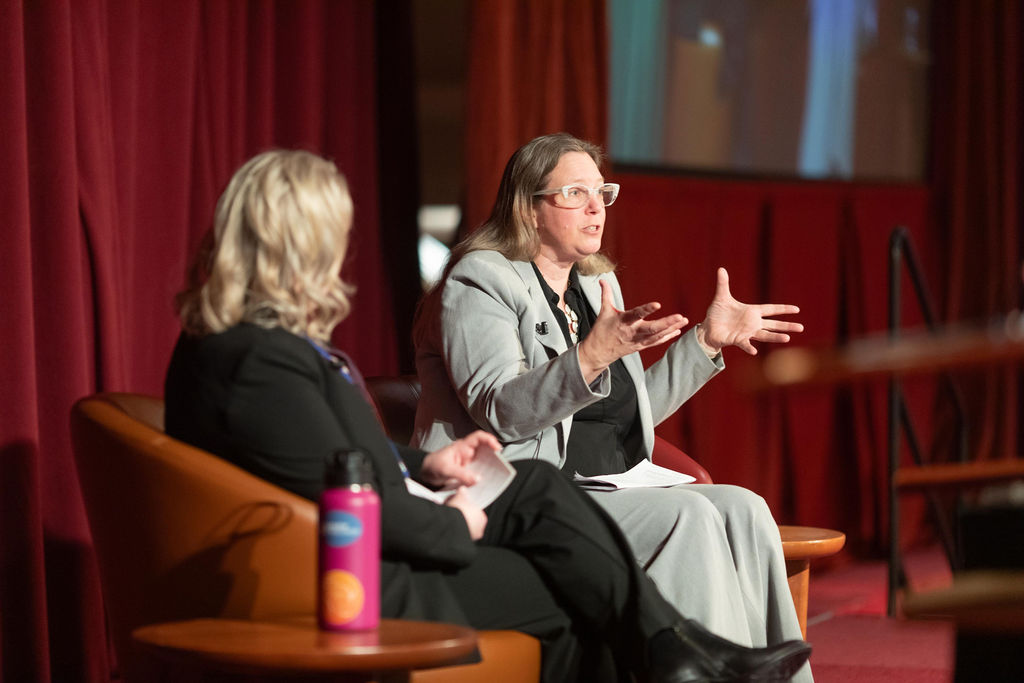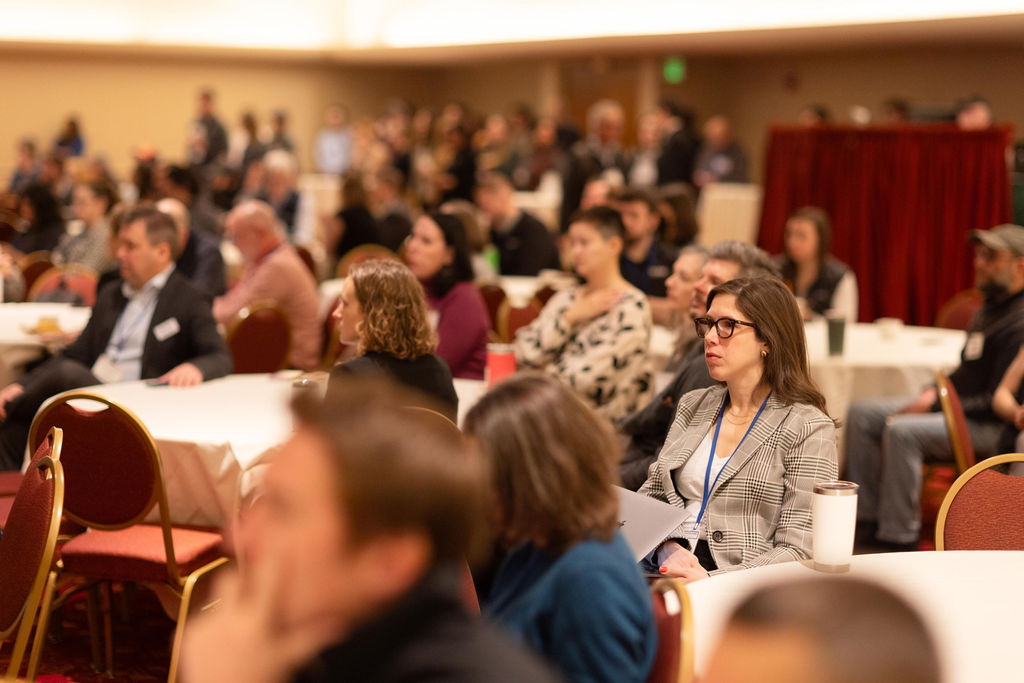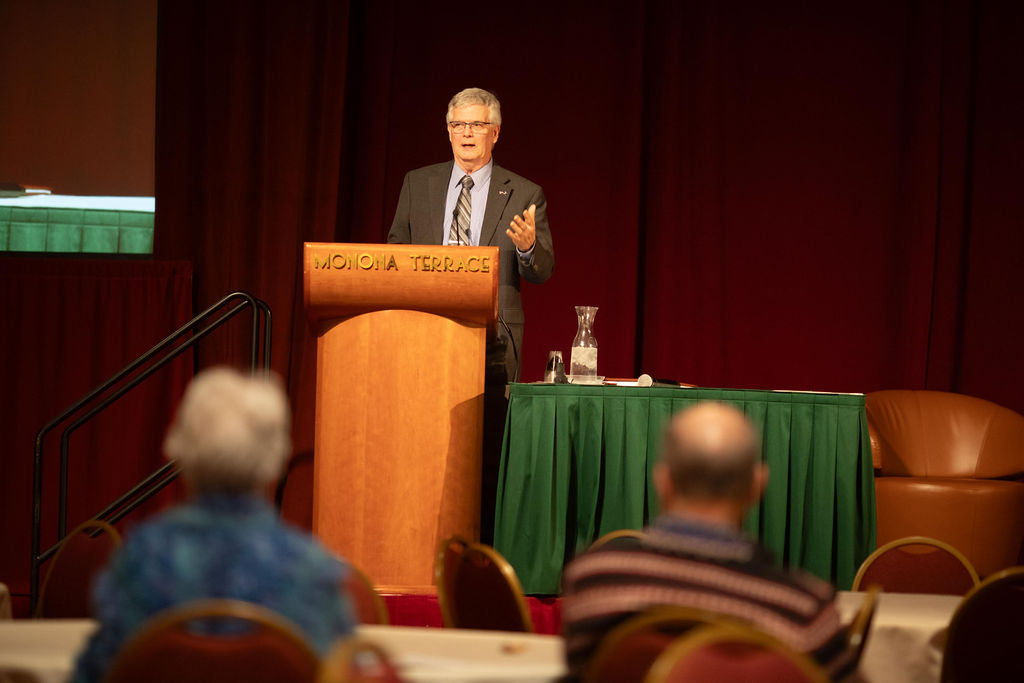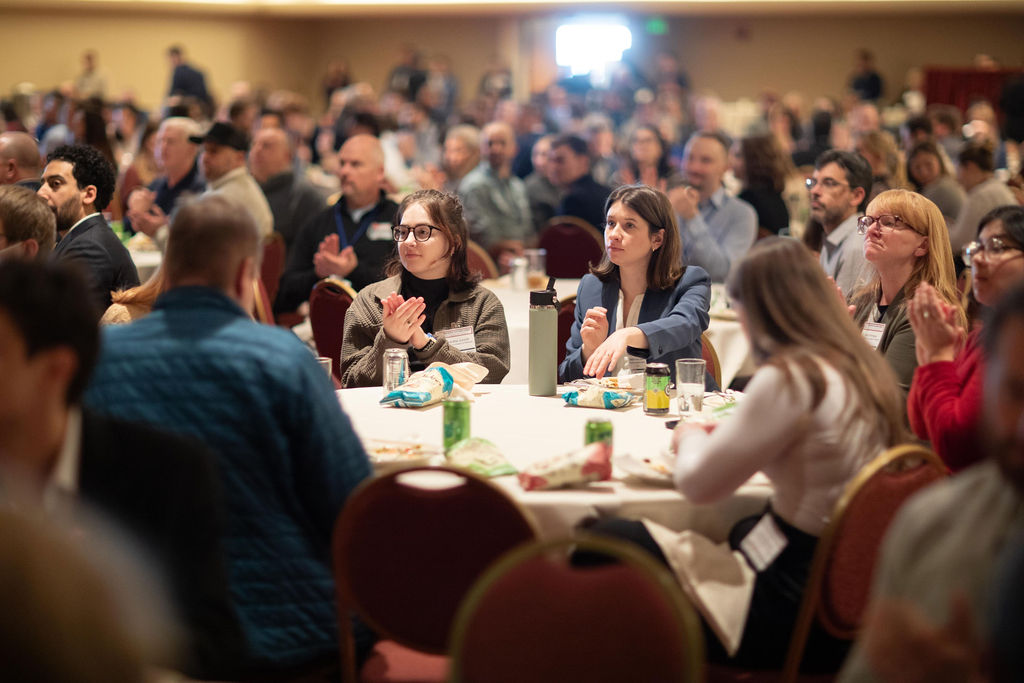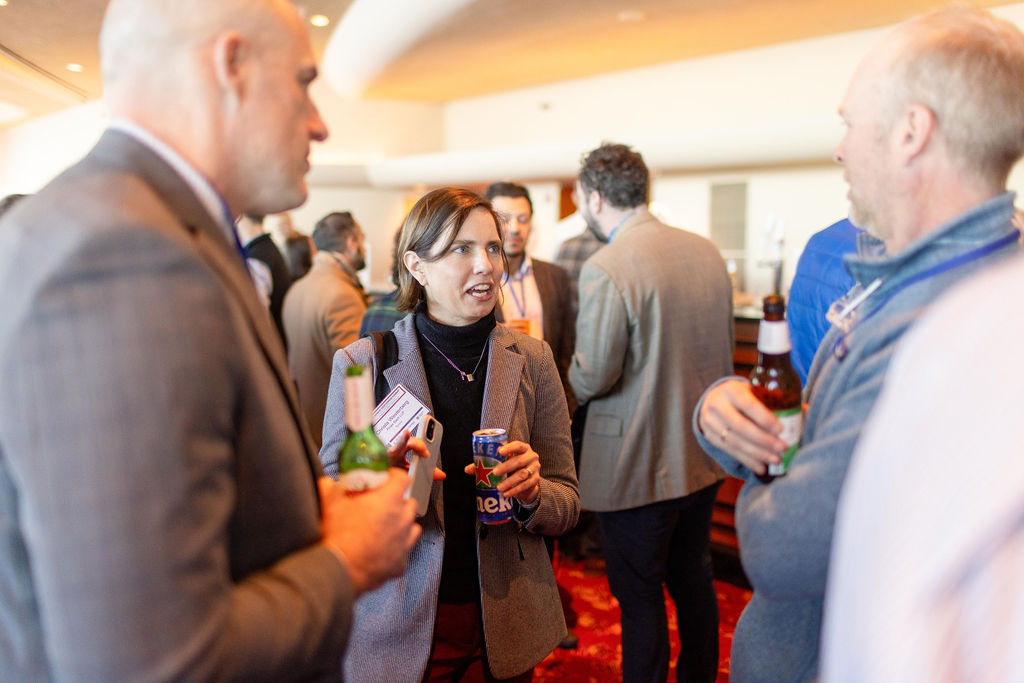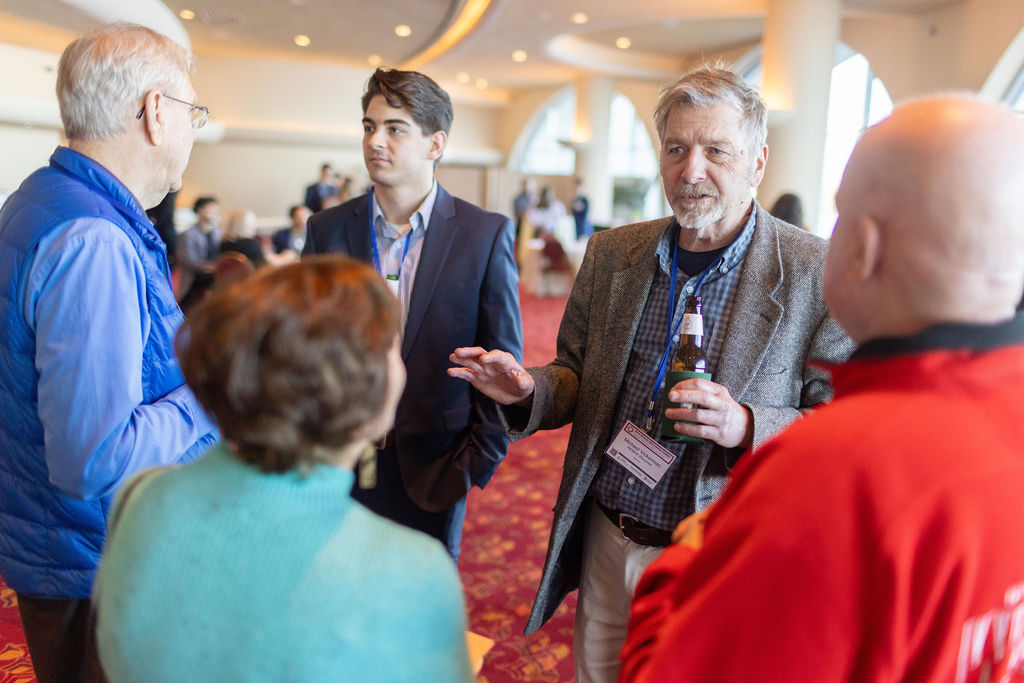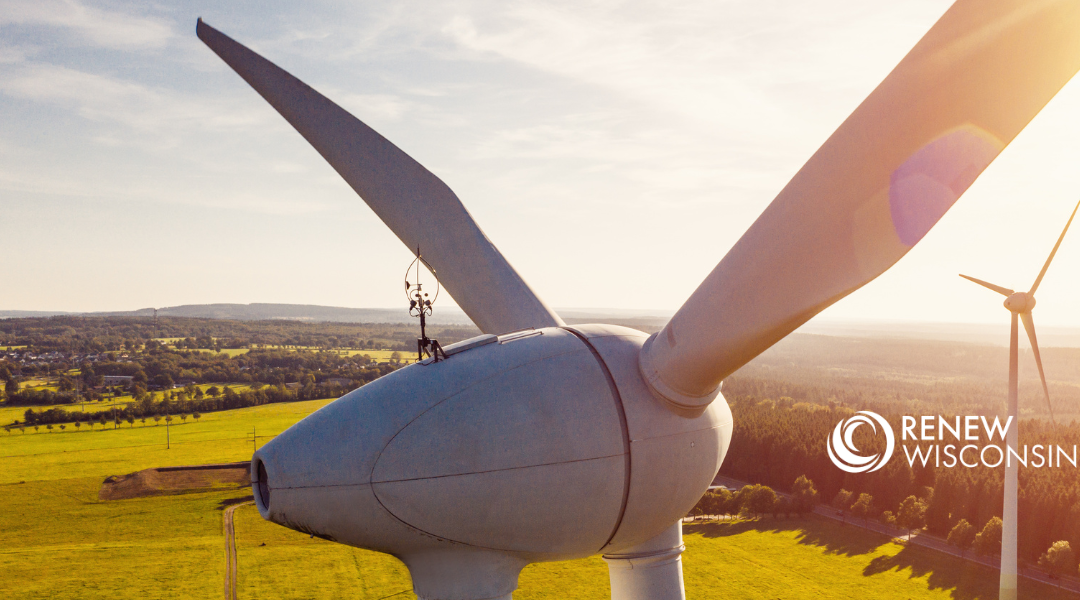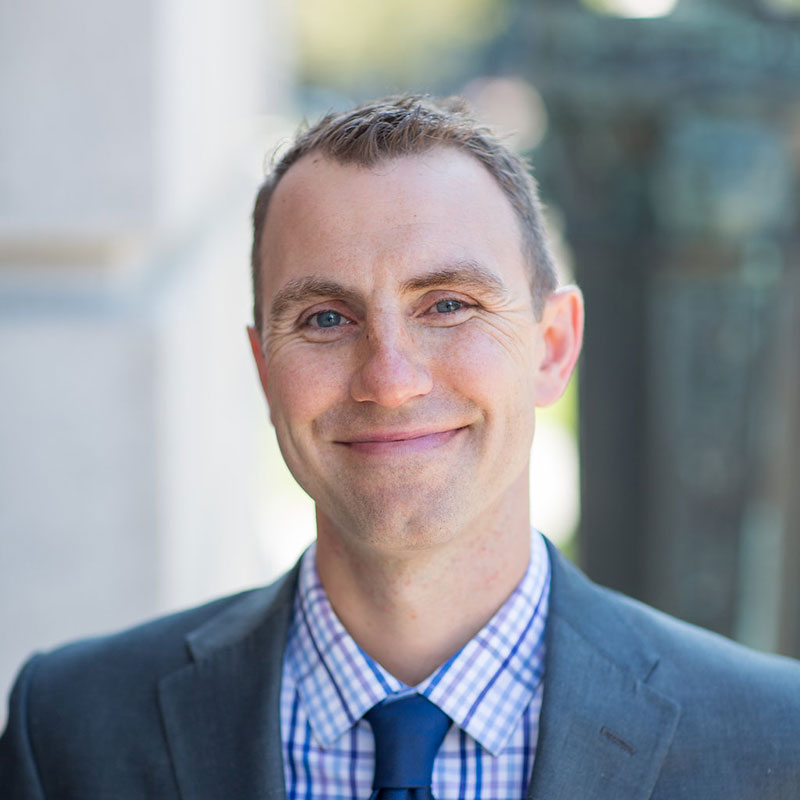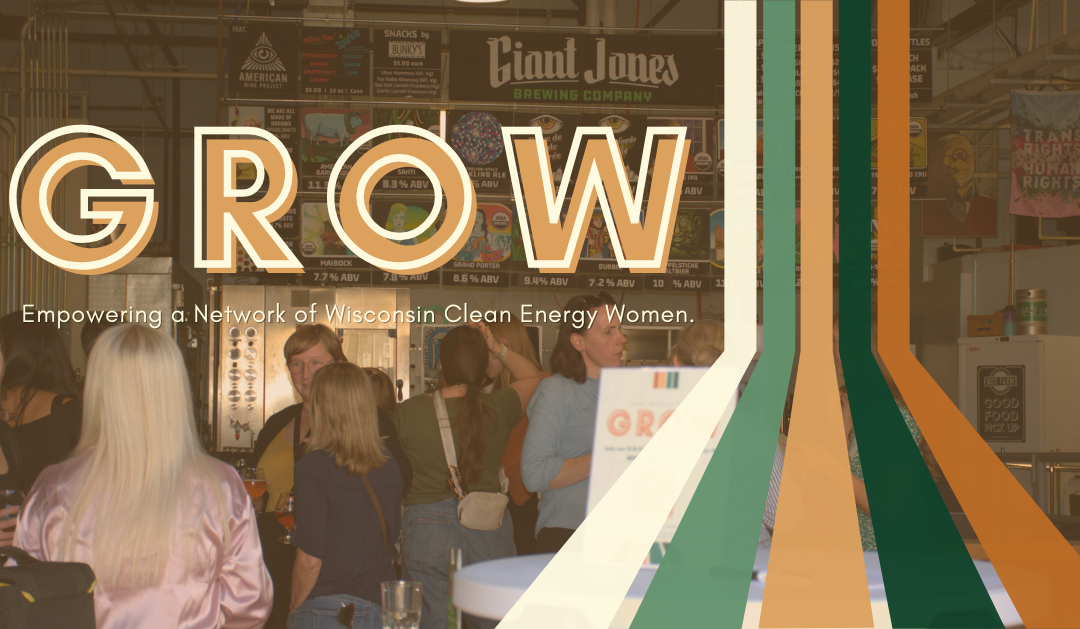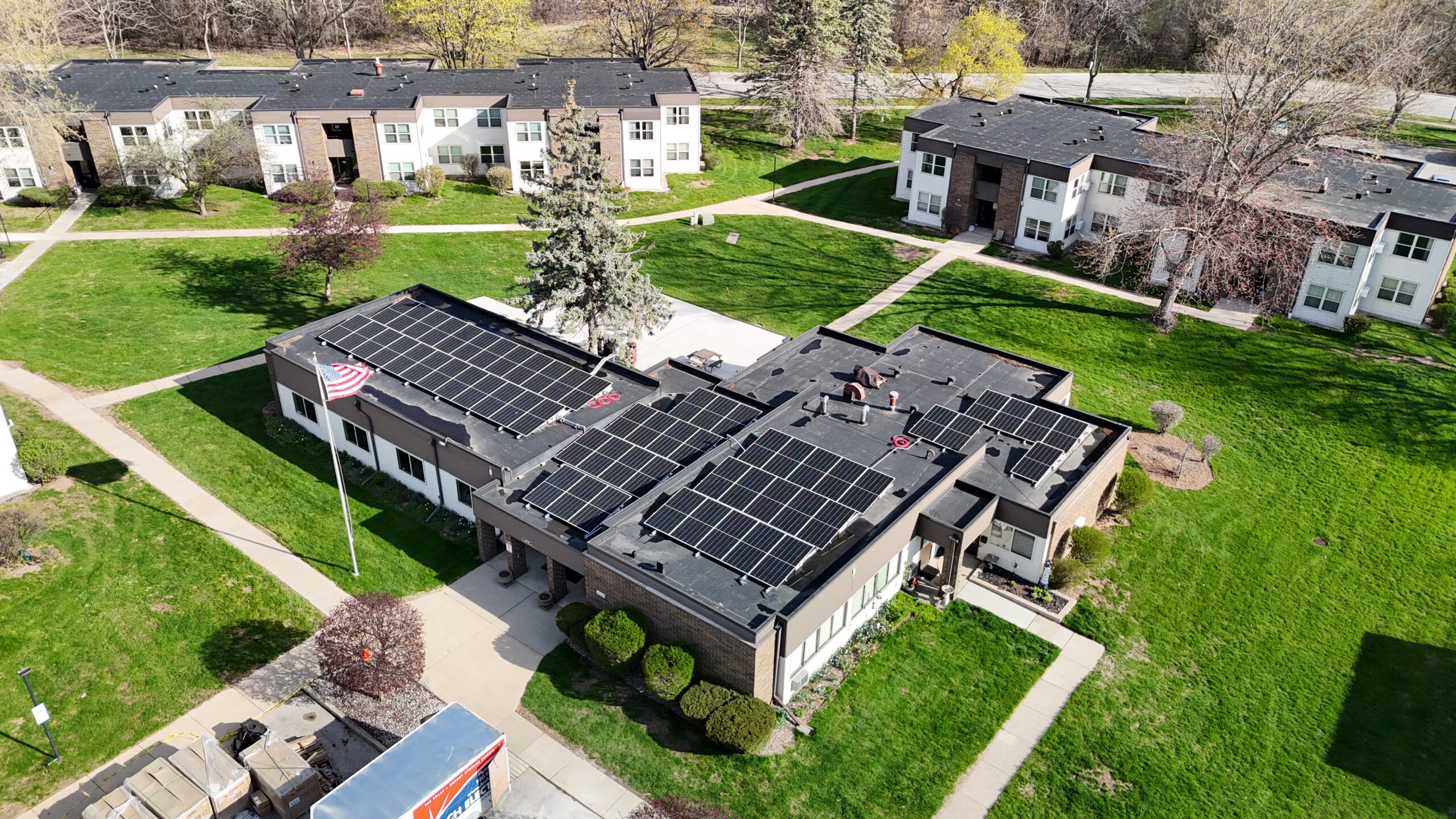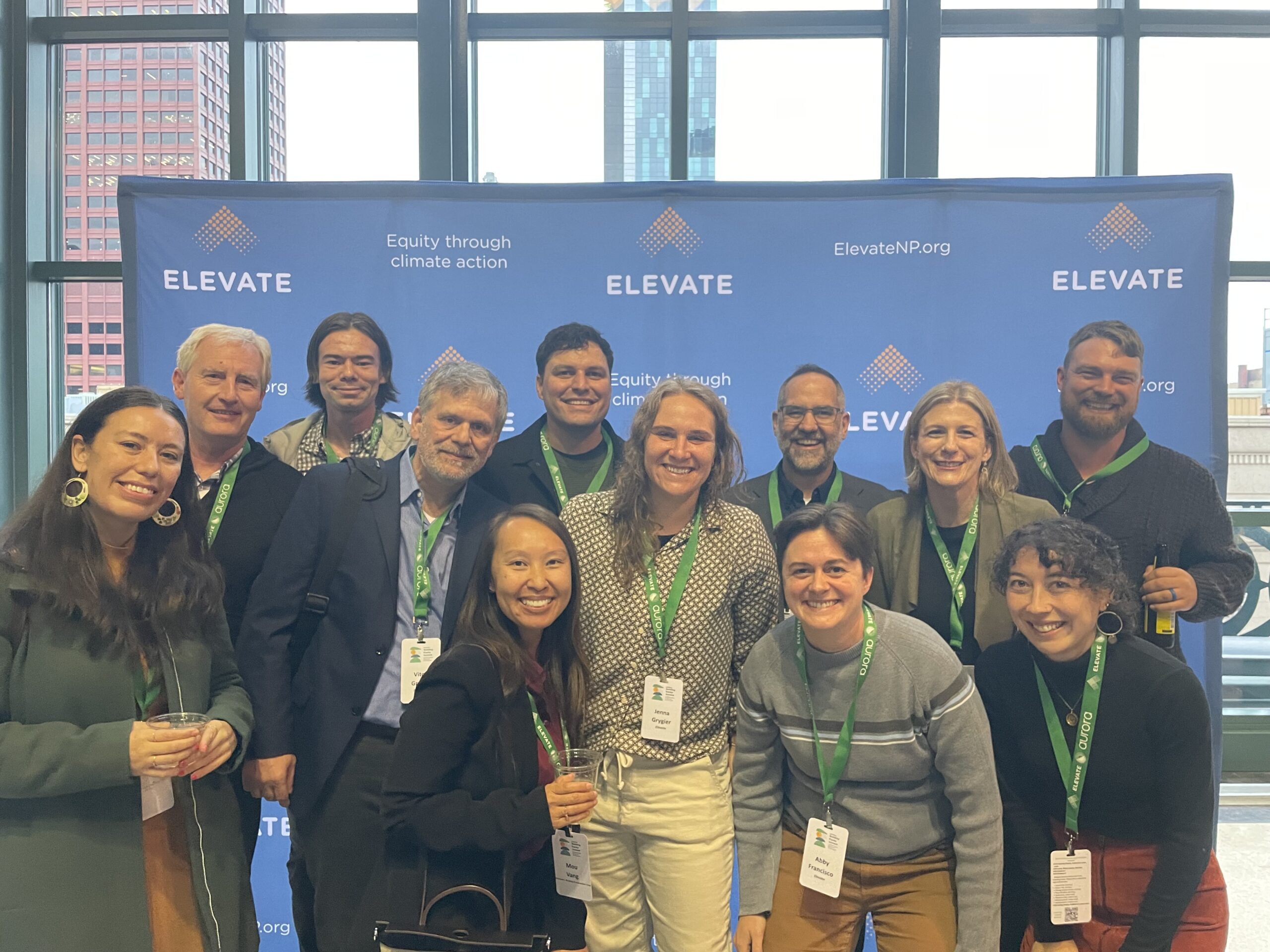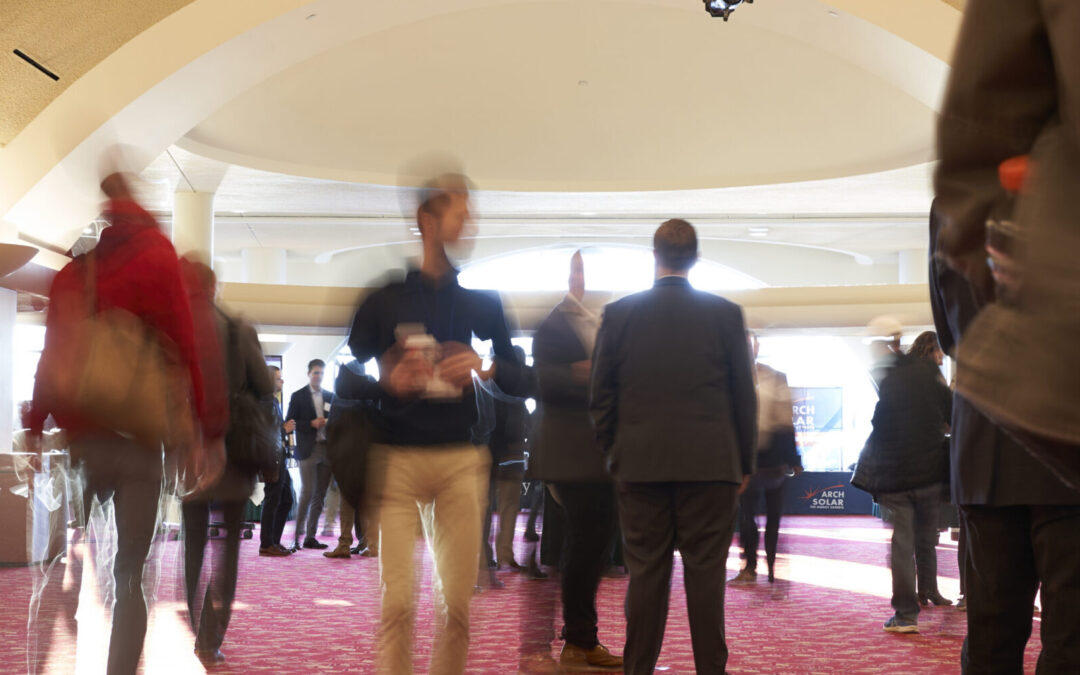
2025 RENEW Wisconsin Summit Recap!
On Thursday, February 6, RENEW held our 14th annual Renewable Energy Summit, presented by Invenergy and Dimension Energy. More than 850 Attendees from across Wisconsin, the Midwest, and even around the globe joined us to discuss state policy, develop professionally, and explore how clean energy is empowering Wisconsin communities.
Not only was this our first Summit that exceeded 800 attendees, but it was also our first time hosting the Energy Pro Demo Day Presented by MREA! Demo Day featured renewable energy education sessions, insights into the latest clean energy technology, NABCEP continuing education credit opportunities, and networking opportunities with top brands and clean energy experts. We are proud to have been able to partner with MREA to add this programming to the Summit. We believe that one of the best ways to ensure a smooth transition to clean energy is to grow and foster the talented workforce that resides in our communities across Wisconsin.
And that’s what the Summit was all about this year, our community. In the year ahead we are looking forward to strengthening and growing the renewable energy community. By maintaining our connections with each other we can use our collective voice to shape our future. This year we had many inspiring speakers who exemplified the spirit of community-focused advocacy for renewable energy.
This year we heard about:
- Innovative clean energy technologies and their real-world applications
- Policy frameworks that support sustainable development and community resilience
- Successful case studies of cross-sector collaborations
- Strategies for ensuring inclusivity and economic equity in the clean energy transition
- Best practices for public engagement and advocacy
We were also joined by the likes of our keynote Erica Mackie, and State Senator Jeff Smith. Erica shared insights on a slew of topics from energy equity and workforce development to collaboration with Tribal Nations and federal policy. Senator Smith closed out the day’s events with a forward-looking message on the renewable energy landscape for Wisconsin and the clean energy industry. Thanks to Erica, Jeff, and everyone else who was either joining us for the first time or the 14th time. It’s your participation that makes this event so impactful.
Beyond the many thoughtful breakouts and inspirational stories we heard, attendees also had many opportunities to catch up with other industry leaders, make new connections, and even find opportunities to help each other find ways to complete their renewable energy goals. As we wrap up another successful Summit, we encourage all of our attendees to keep in touch with us and everyone else they had the chance to connect with this year. Our community has the momentum and the know-how needed to reach our goal of a Wisconsin that runs on clean, reliable energy. Thanks to everyone for joining us this year to share your expertise, enthusiasm, and energy. We can’t wait to do it again in 2026!

